We stand with Ukraine.
We are appalled by the invasion of Ukraine, the devastating loss of life from military action and violence, and the shocking humanitarian crisis that’s now unfolding. This catastrophe is highly unsettling, creating hardship, stress and anxiety for all. No one should feel unsupported or helpless in times of need. We must use our collective voice, influence, reinforcement and actions to provide aid for anyone suffering and to those who defiantly display extraordinary resilience and bravery in the face of oppression.
We’ve compiled the resources below to provide assistance to the people of Ukraine. Please share any thoughts or suggestions with us here for new resources we should add to this page. Our thoughts are with the people of Ukraine, neighbouring countries, and all those impacted by tyranny, conflict and displacement.
Giving
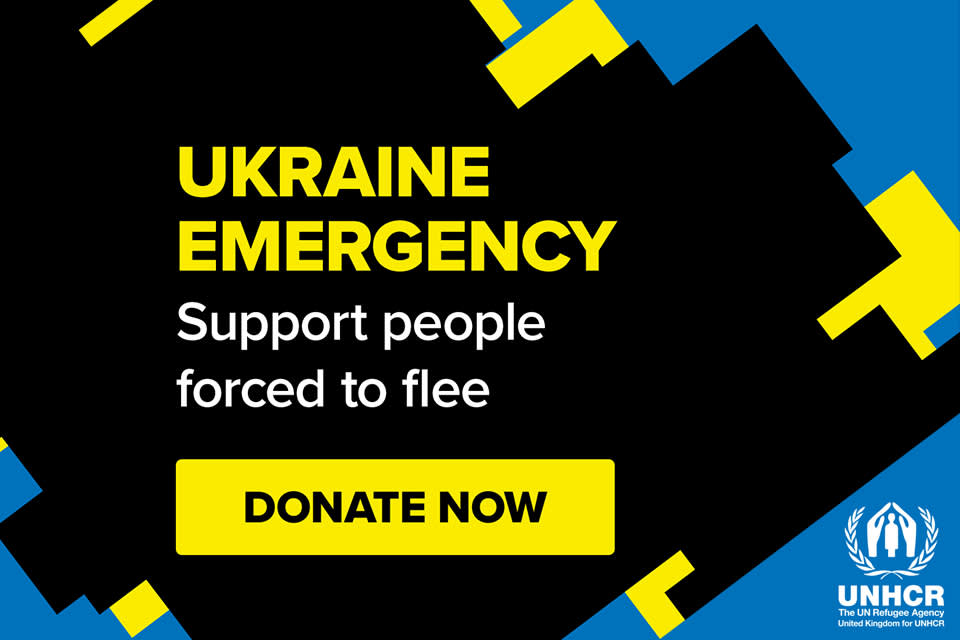
Families in need of humanitarian assistance
WPP has partnered with UNHCR to run an emergency fundraising appeal. WPP will be making an initial donation and match-funding all donations by WPP employees.
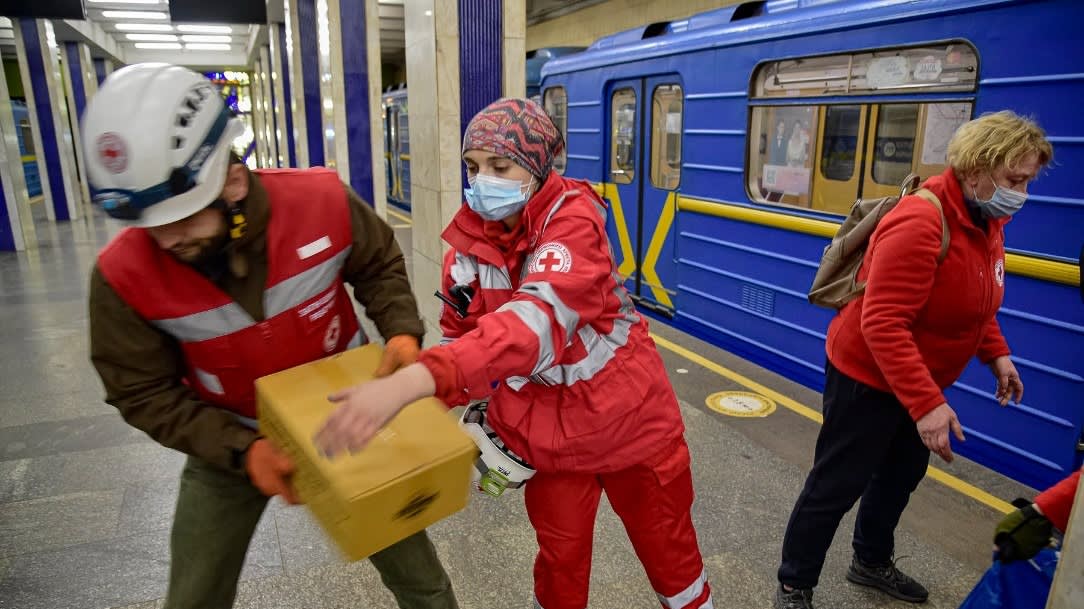
People in Ukraine need help now
Donate to the Ukranian Red Cross to help in providing vital aid to the people during this difficult time, from aiding refugees to training doctors.
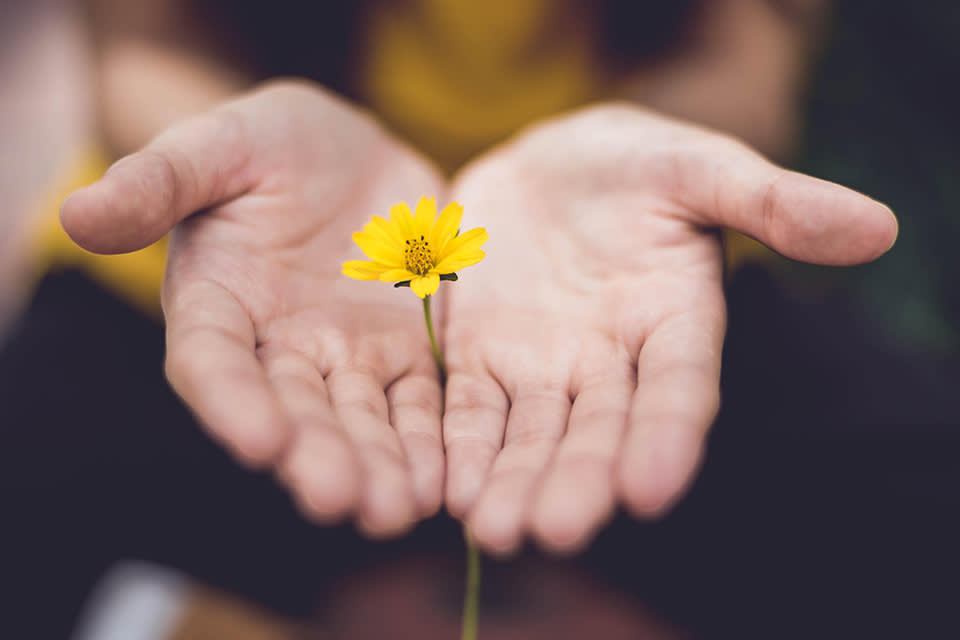
How you can help
Project HOPE is on the ground assisting the Ukrainian people with health and humanitarian aid, sending critically needed medical supplies.
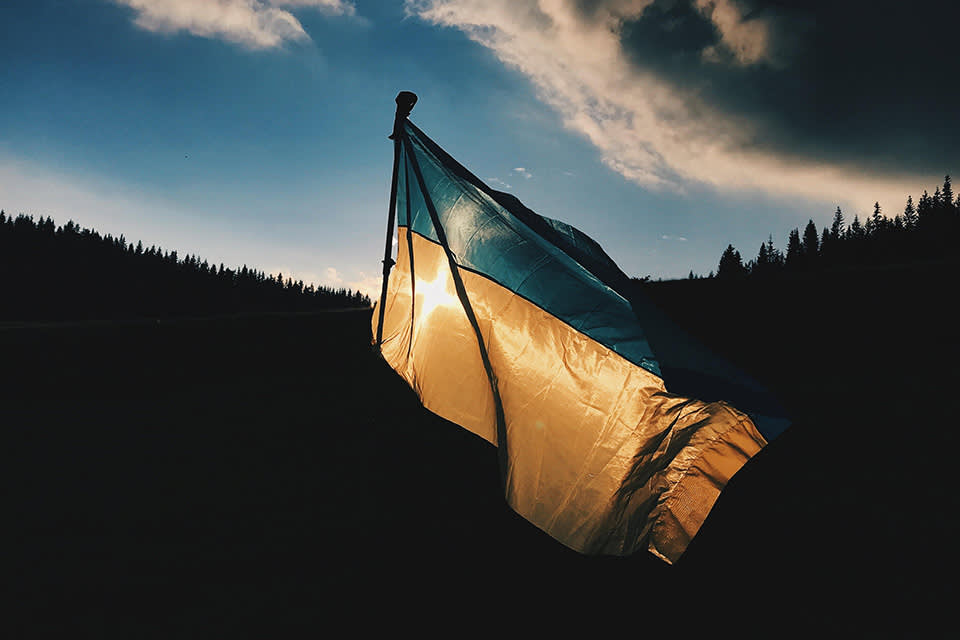
Fundraising for Ukraine
For those in Ukraine, homelessness means temperatures as low as -20C. Depaul International is raising money for life-saving work supporting homeless and displaced people.
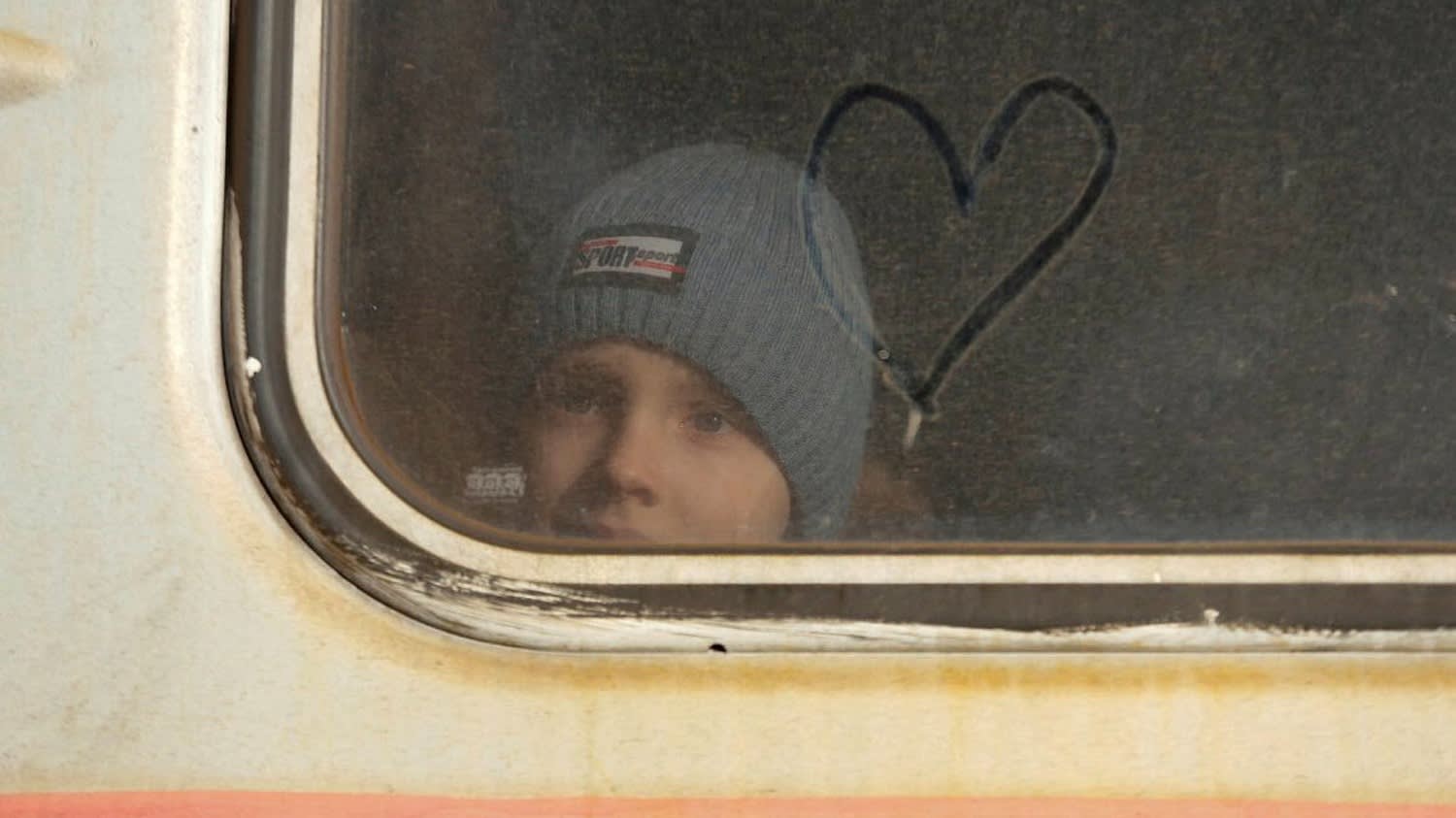
Respond with love
Choose Love are standing with the people of Ukraine, by supporting projects who are providing vital aid and services to those still in and fleeing the country.
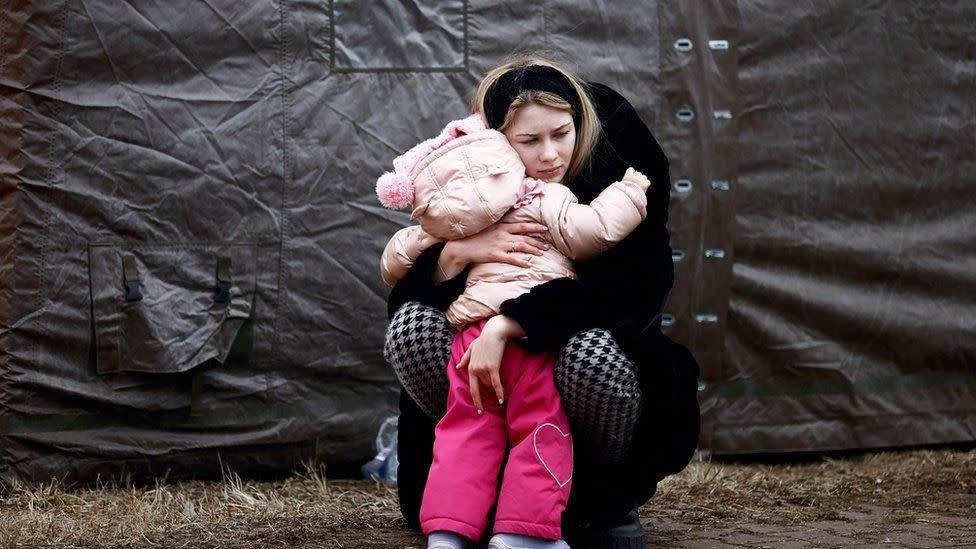
Ukraine help
From using donations to help people in the warzone or fleeing bombs, to enabling refugees to resettle in the UK, here are some of the groups offering support in the crisis.

Help protect children in Ukraine
The whole child population of Ukraine, 7.5 million children, are now at risk as the conflict continues to escalate. UNICEF are working to keep the most vulnerable children and families safe amongst the conflict.
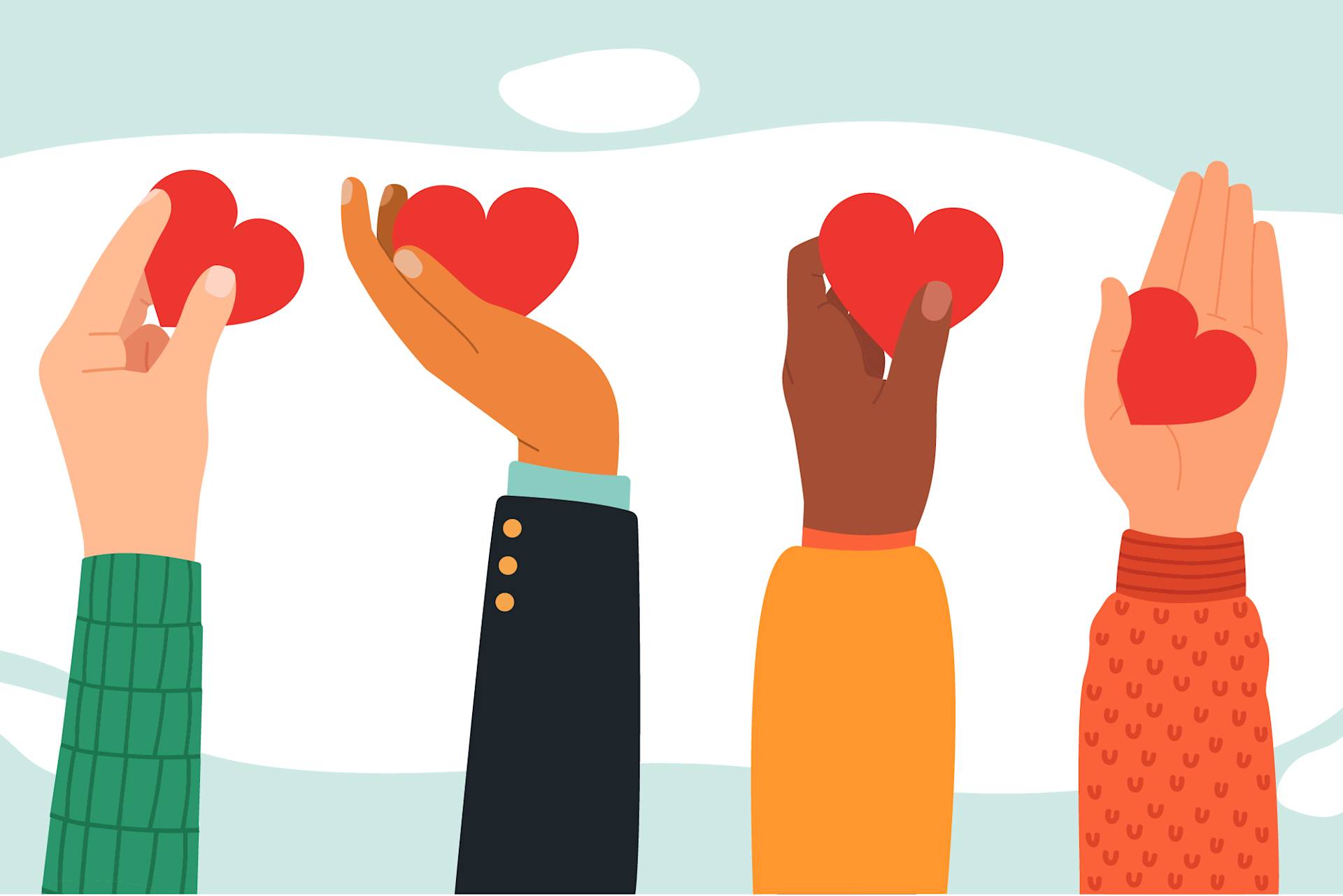
Ukraine crisis relief fund
Save the Children are planning to deliver lifesaving aid to 3.5 million vulnerable children and their families by working in neighbouring countries to help the hundreds of thousands of people who have been forced to flee their homes.
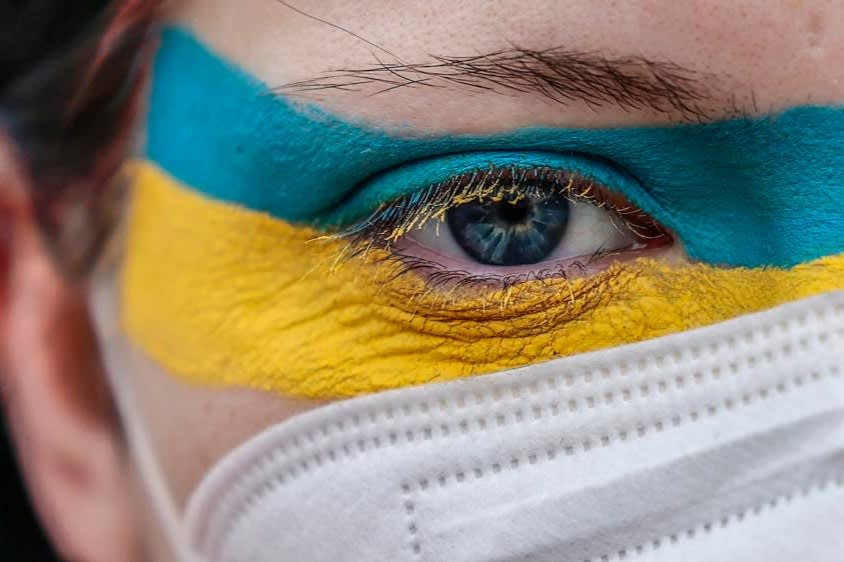
Women helping women
Equipped with simple ideas and avenues to give and act out of empathy, love and concern, women everywhere can support the women of Ukraine and feel connected that we all have, in some small way, done our part to show up in sisterhood.
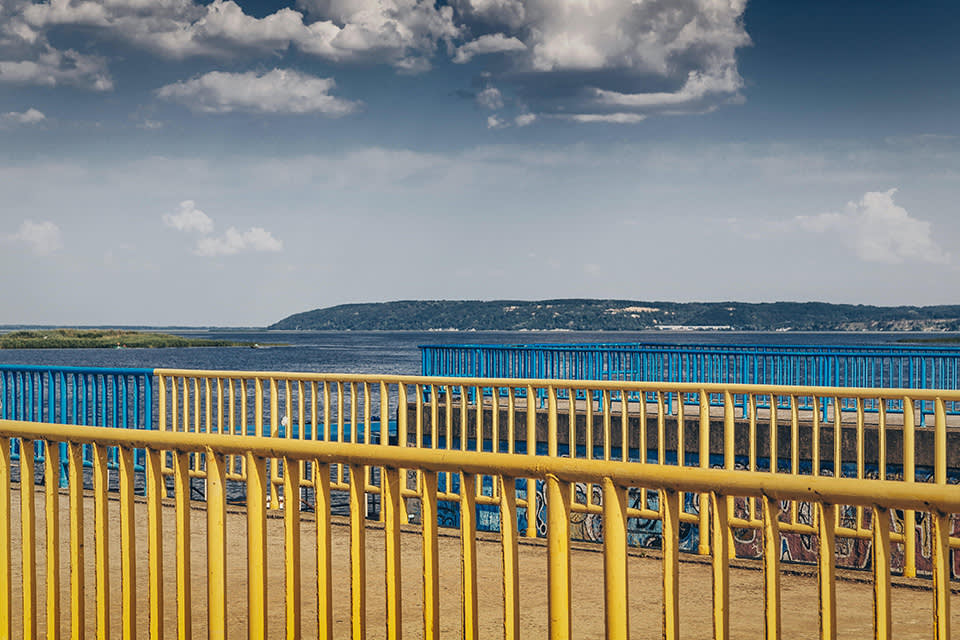
Humanitarian aid for Ukraine
People in Need is providing humanitarian aid to over 200,000 people on the ground. Humanitarian aid entails speedy intervention to save lives, alleviate suffering and help disaster victims get back on their feet.
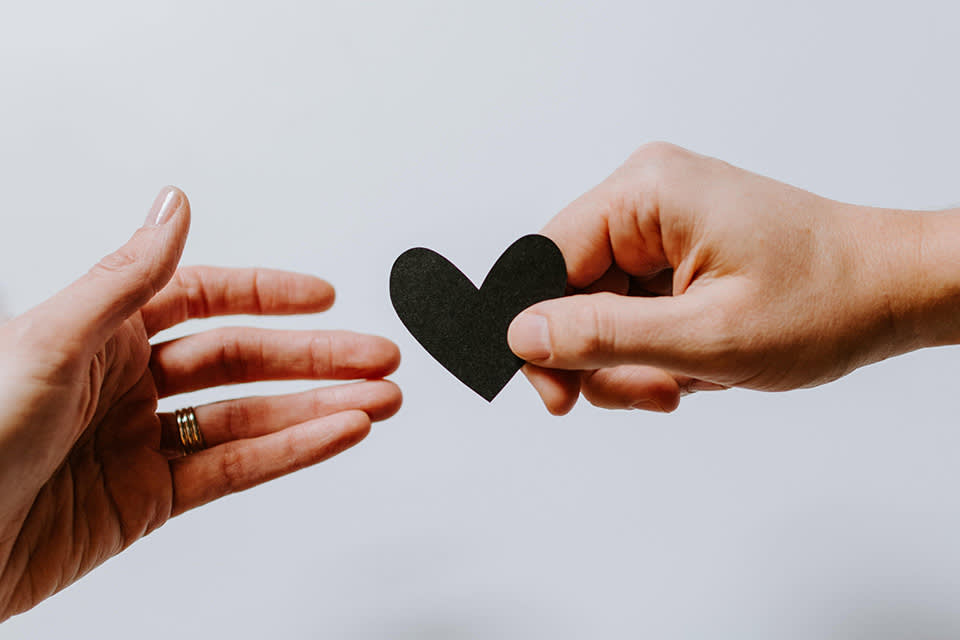
Help people affected by war in Ukraine
International Medical Corps is on the front lines and prepared to help citizens with emergency health care services, as well as mental health and psychosocial support.
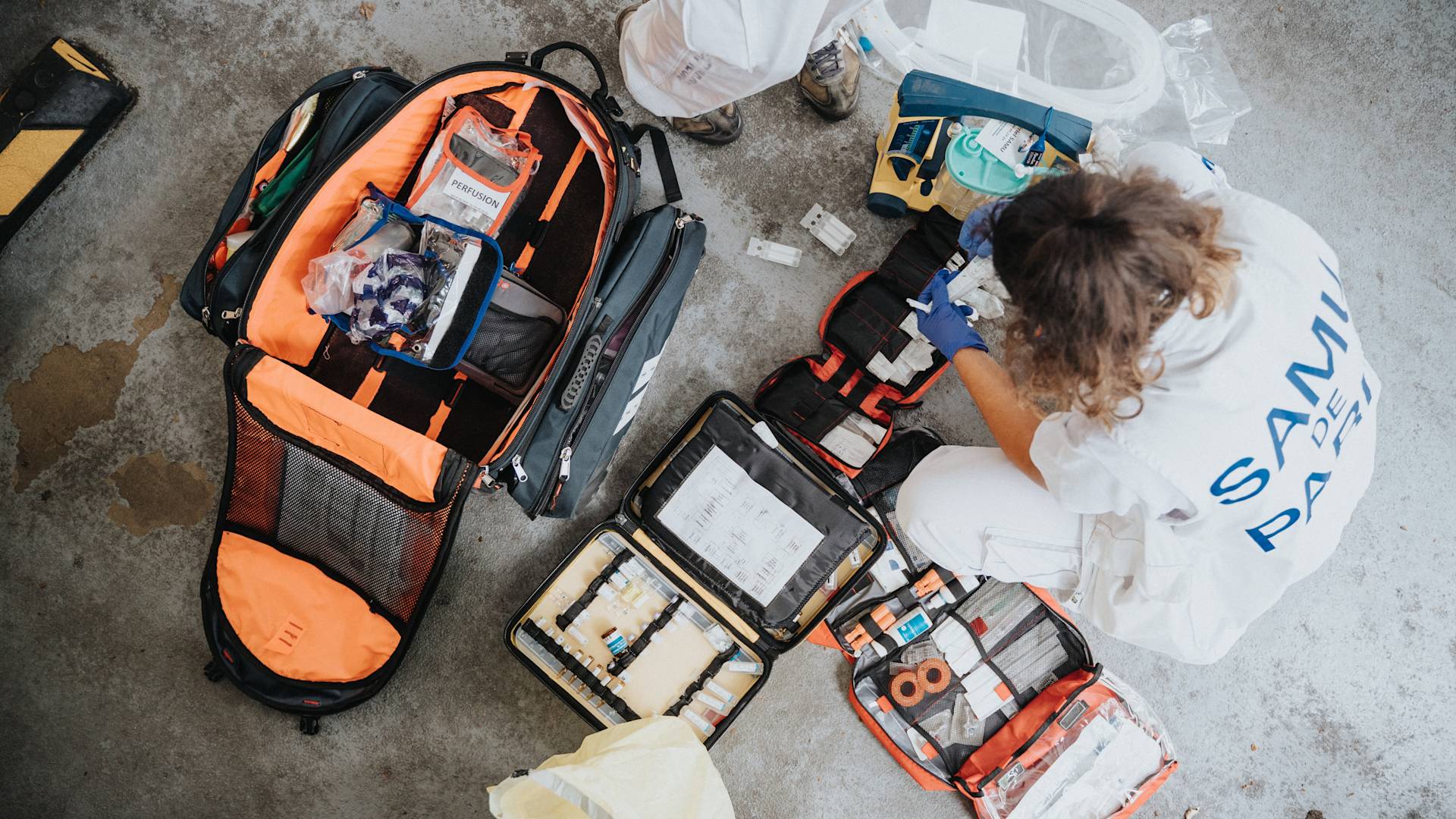
Ukraine crisis fund
Care International is responding to the crisis by providing Ukrainians in need with food, hygiene kits, psychosocial support services, access to water, and access to cash.
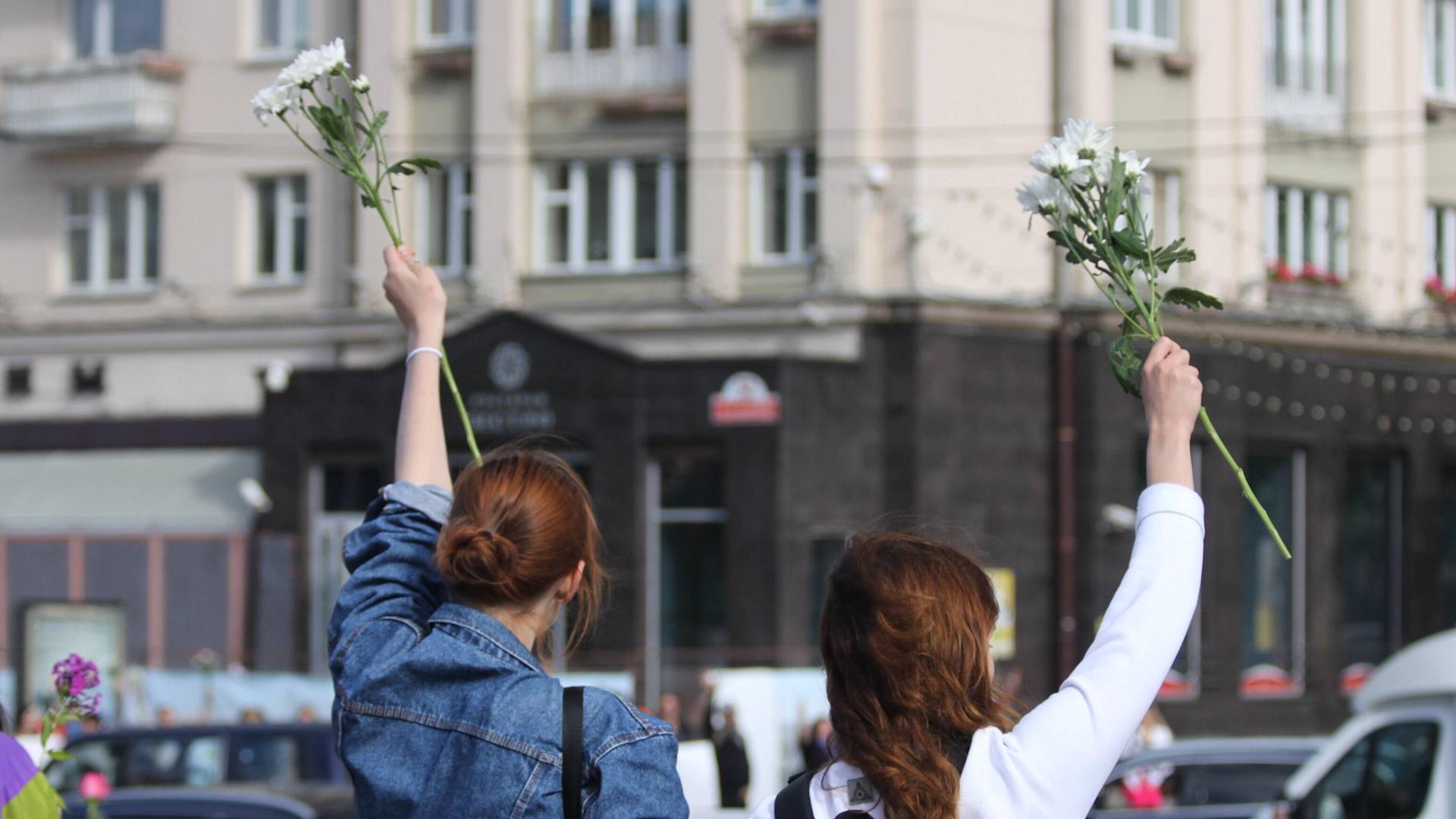
Support Ukraine
Nova Ukraine is a nonprofit that delivers aid packages to Ukraine with everything from baby food and hygiene products, to clothes and household supplies.
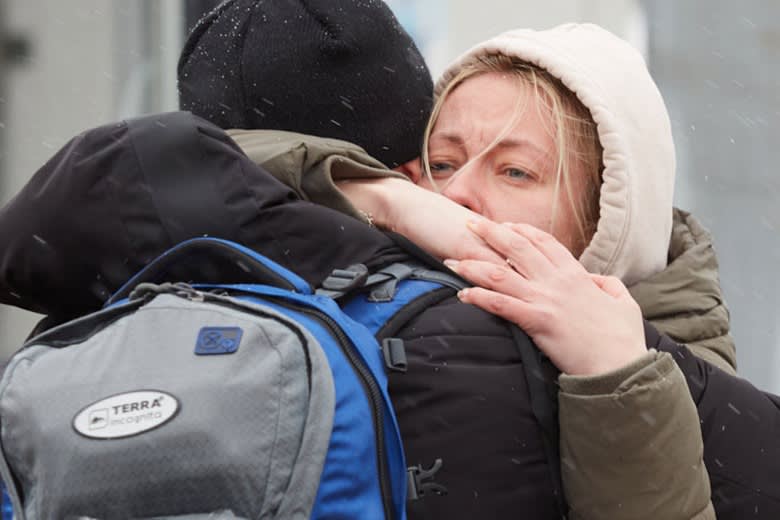
Empower Ukrainian women and girls
UN Women stands in solidarity with the women of Ukraine, including those who had to flee their homes, those who stayed to provide humanitarian, and the women human rights defenders and activists.

Support for families fleeing Ukraine
UNICEF is repairing schools damaged by the bombings and providing an emergency response to children affected by the conflict.
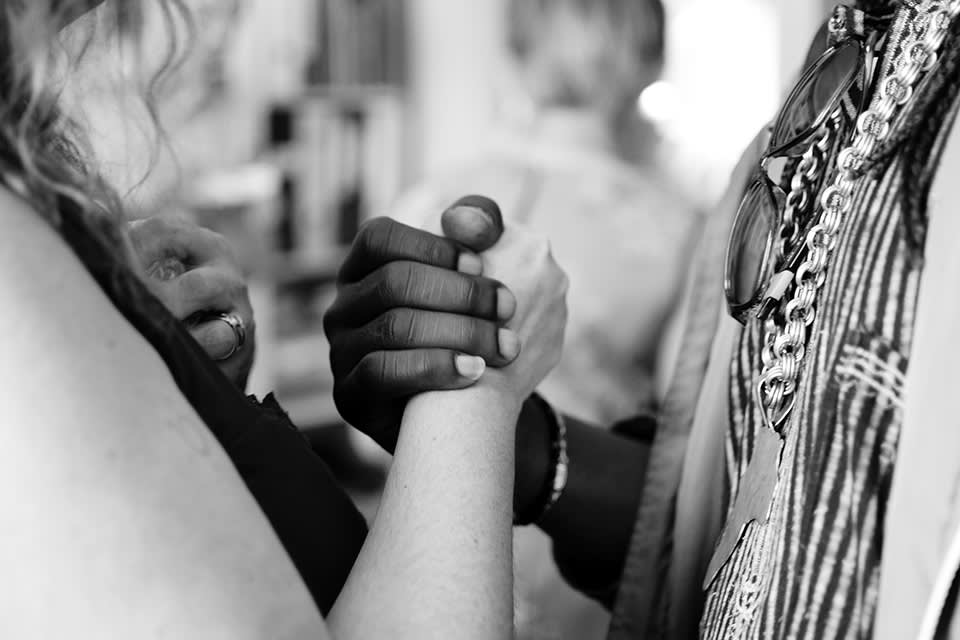
Supporting LGBTQ+ Ukrainians
OurRight Action is helping support LGBTQ+ groups and organisations on the ground, setting up shelters and providing safety for citizens.
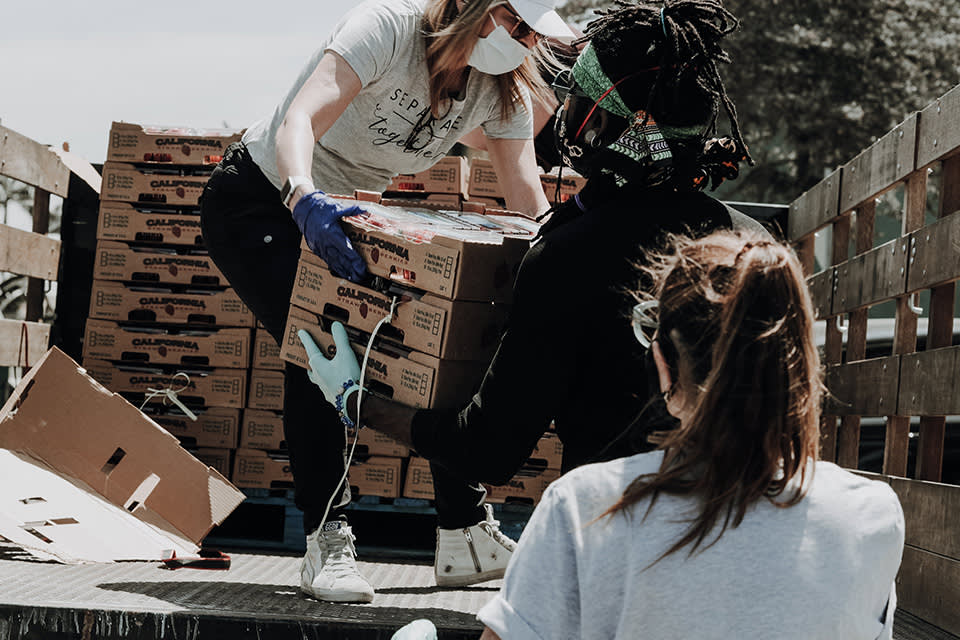
Providing nutritious food for hungry families
The United Nations World Food programme is deploying emergency operations in Ukraine and surrounding countries to provide food assistance to those fleeing the conflict.
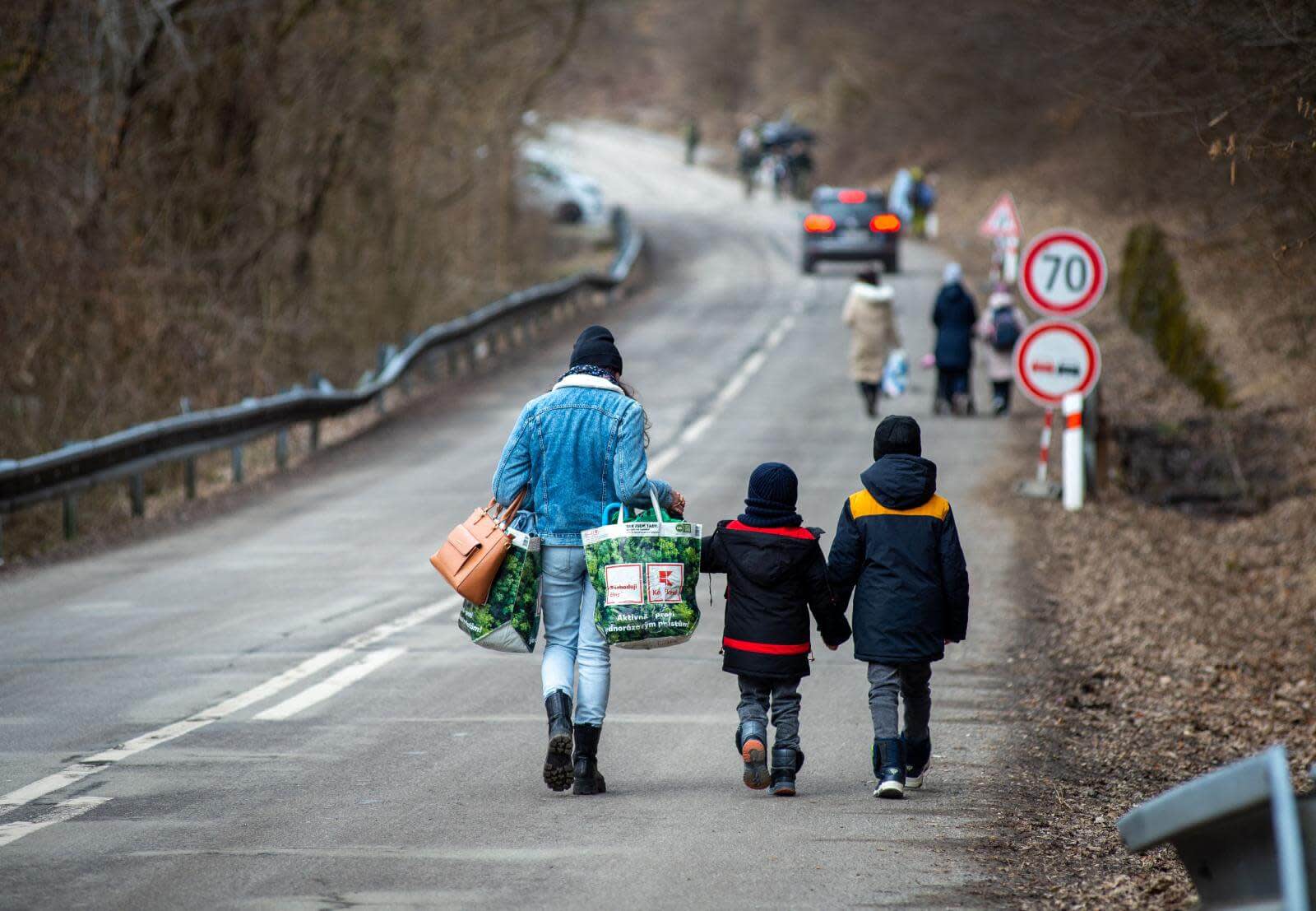
Crisis in Ukraine: Give now
Mercy Corps is mobilising a team to the region to assess where help is most needed, as well as supporting local organisations that know their community needs best.

Emergency response
Medical Teams International is fundraising to send medical supplies to the region, with all proceeds going towards sending medicines and medical supplies.
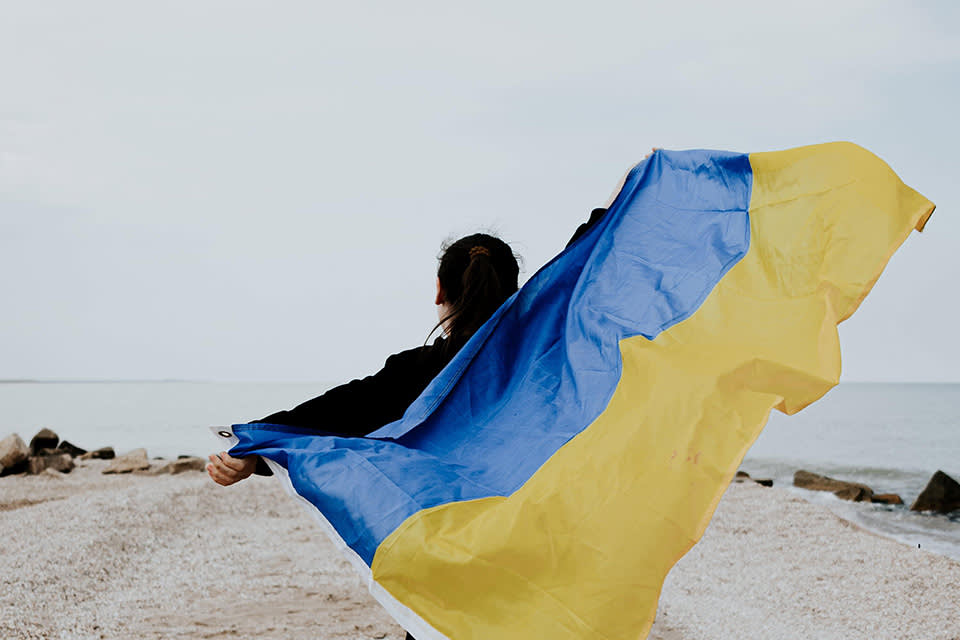
Solidarity with the people of Ukraine
Show your support and solidarity with the people of Ukraine. On Twitter and in the streets: send a tweet and join one of the many demonstrations and rallies to show solidarity.
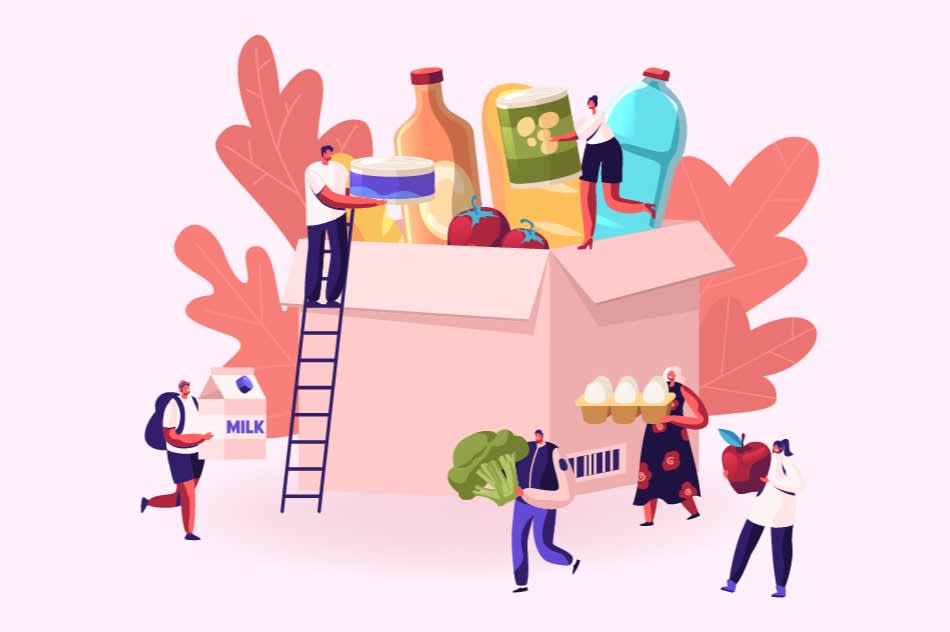
Razom Emergency Response
Razom, which means “together” in Ukrainian, is responding by providing critical medical supplies and amplifying the voices of Ukrainians.
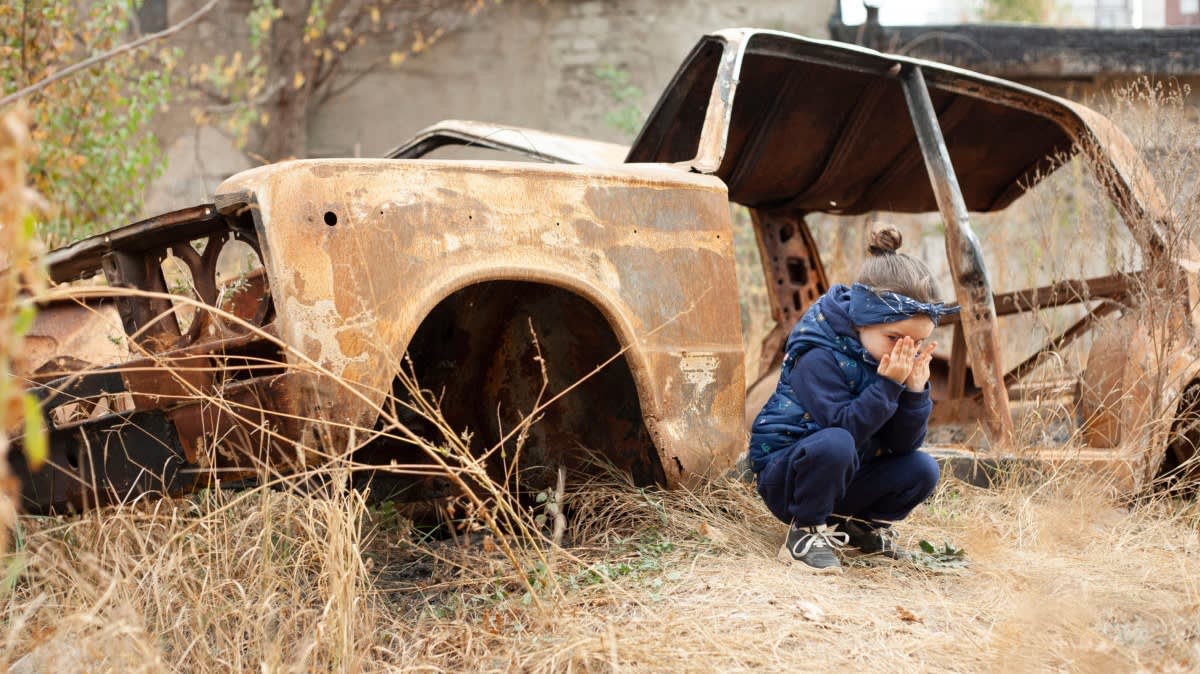
Ukraine emergency response
Crown Agents is at the forefront of the conflict: With an experienced team on the ground, working to provide essential aid.
Family
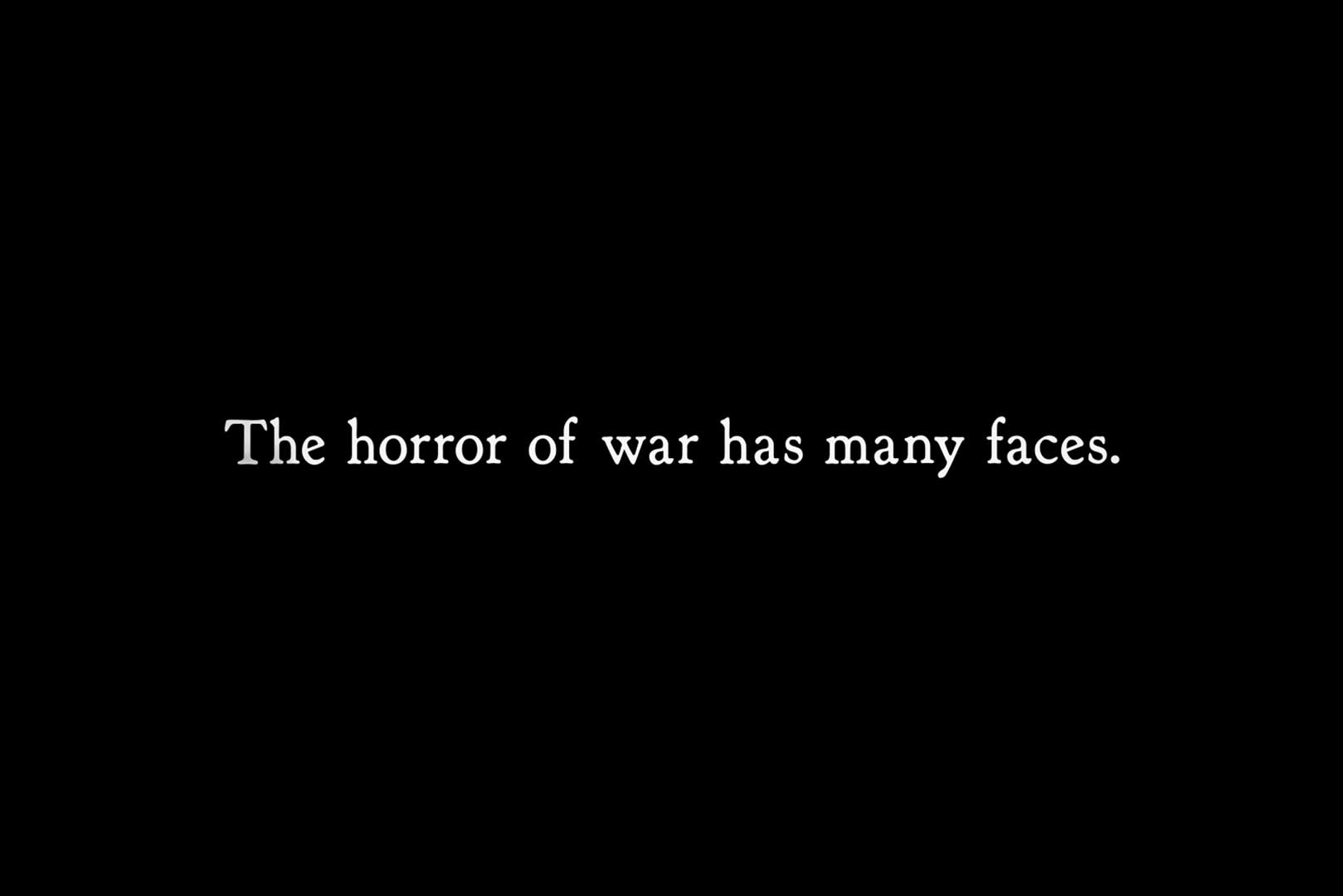
Heroes are made in every moment
The protectors, the healers, the peacemakers, the rebuilders.

A delicate balance
Psychologists and teachers suggest ways to give tips on dealing with Ukraine anxiety in children, suggesting ways to give reassurance.
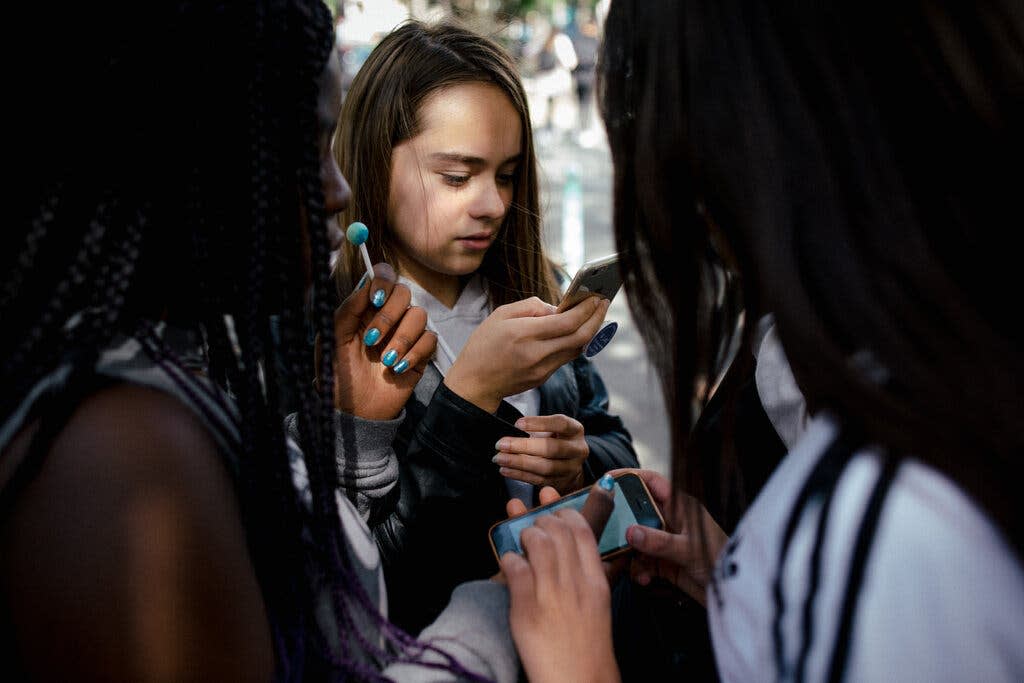
Answering kids questions
Social media and online outlets means young people have access to more sources about the two countries clashing and how it may affect the rest of the world. Here’s how to address their questions.
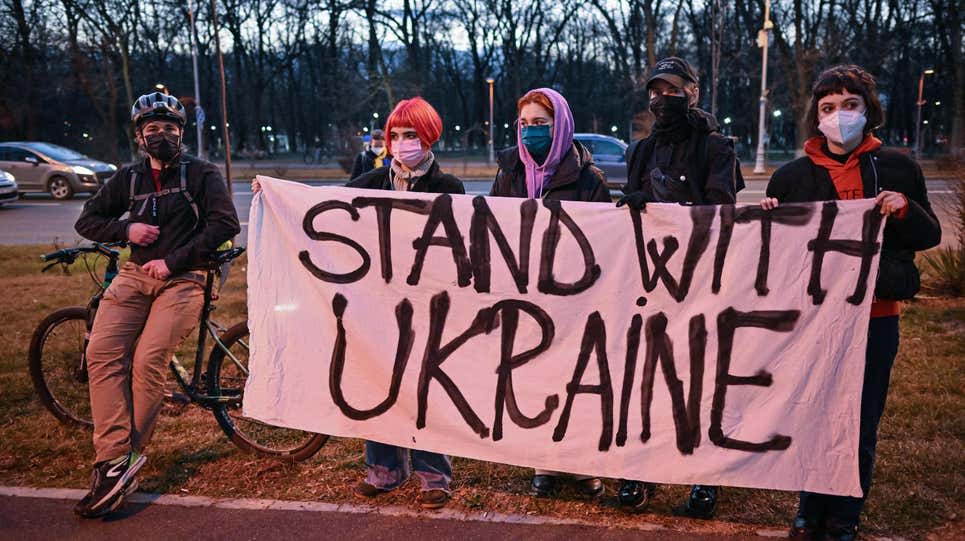
How to talk to children about Ukraine
Whether or not we feel they’re old enough to understand what’s happening in Ukraine, Children may come to us with questions. If they do, here are some things to keep in mind.
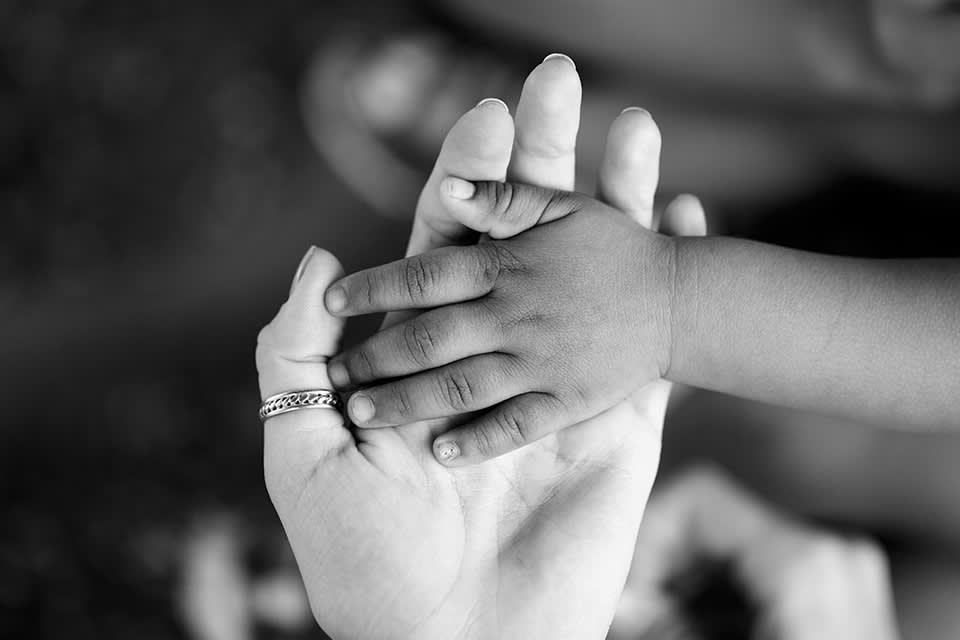
All children are different
With so many images of violence and so few answers, kids are likely aware of the fighting even if it’s far away. Find some tips on how best to converse about the subject.
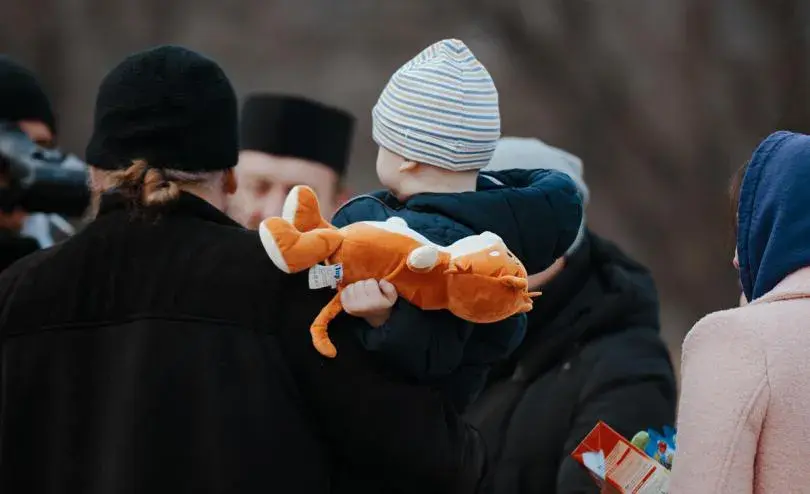
Make time and listen
Save the Children provides five tools to talk to children about conflict, it is essential to have open and honest conversations with children to help them process what is happening.
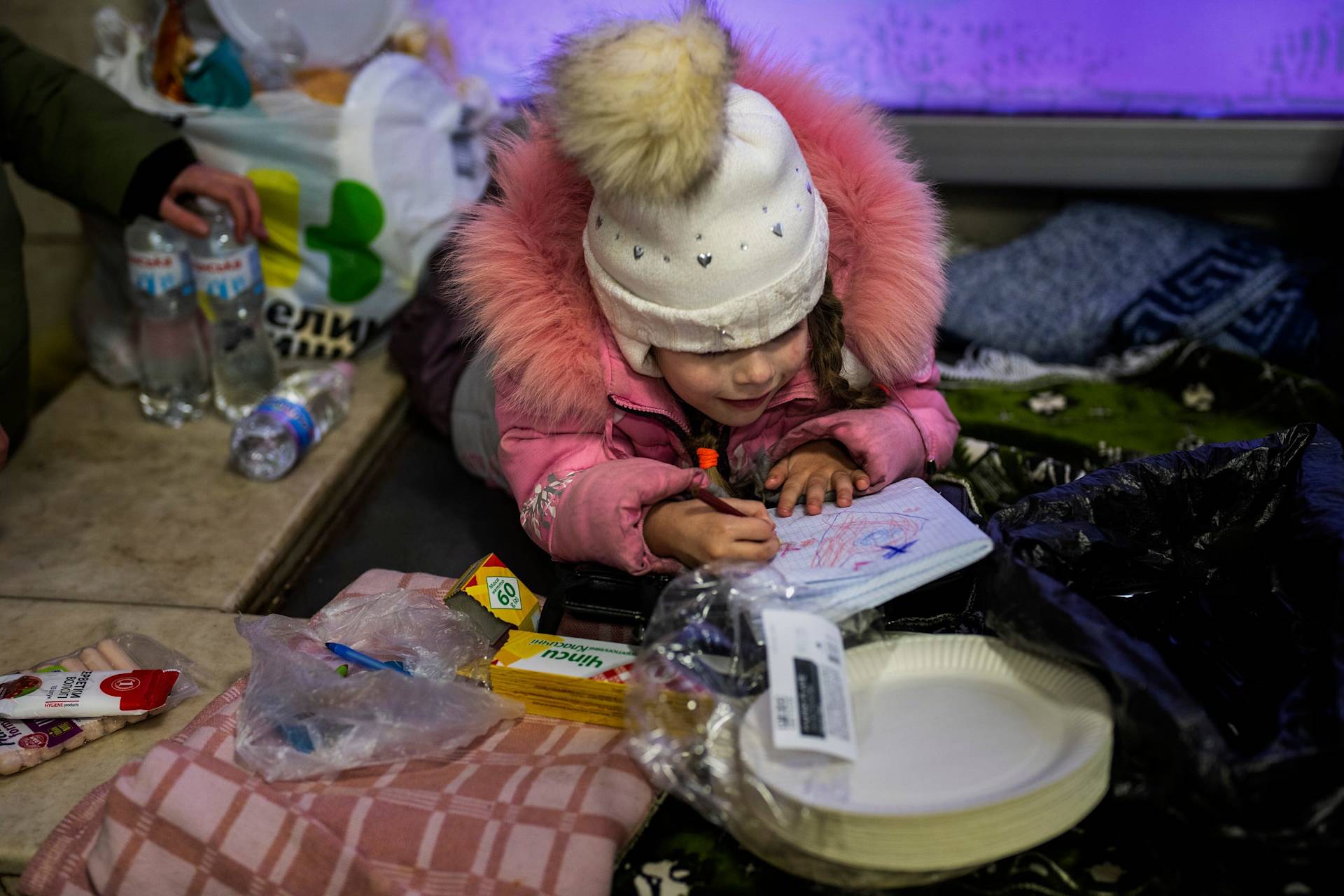
How to cope with images of war
Kids who are exposed to war via media are more likely to develop symptoms of post-traumatic stress disorder, even if the conflict is thousands of miles away.
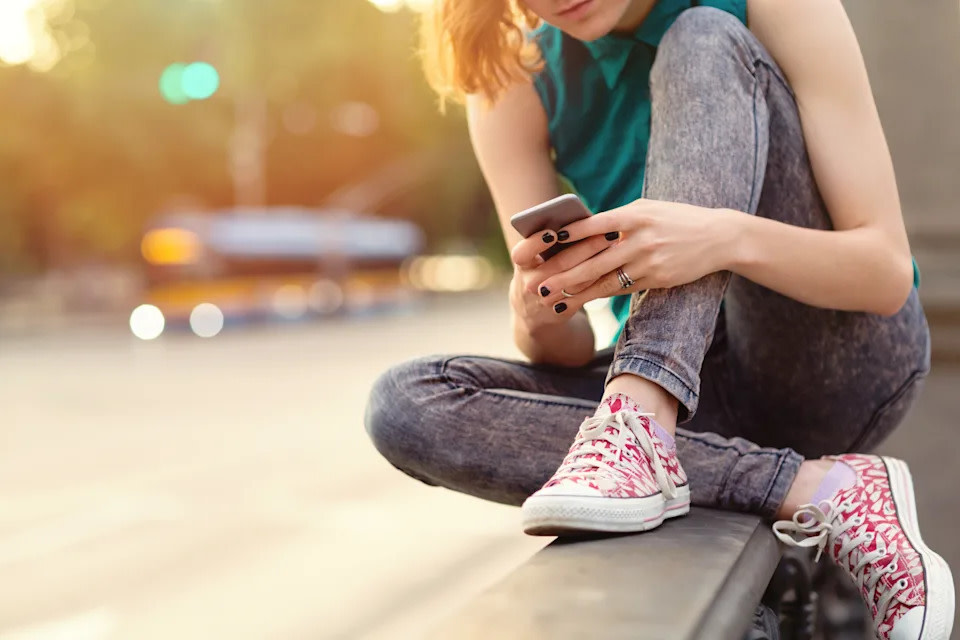
Teens, TikTok and war
Gen Z is growing increasingly concerned about hostilities between Russia and Ukraine from videos they’re seeing on TikTok. Here’s how parents can explain, not alarm.

How to talk to young people about the news
Find some useful advice and resources for families and young people to talk about Russia’s invasion of Ukraine and how to help them avoid misinformation.
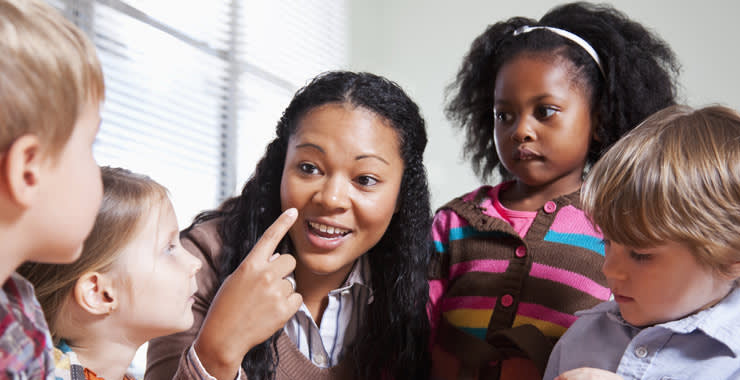
Resilience is a journey
Tips for caregivers on teaching children resilience in a time of war, remember each child’s journey along the road to resilience will be different.
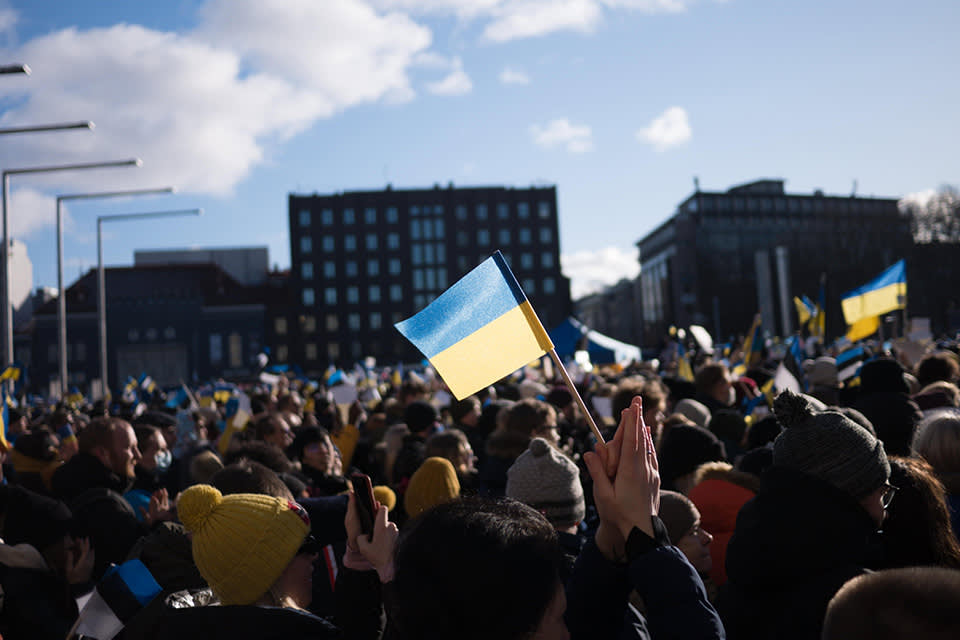
Ukraine appeal
Support a family with Ukraine appeal, who distribute food parcels to vulnerable children and families.
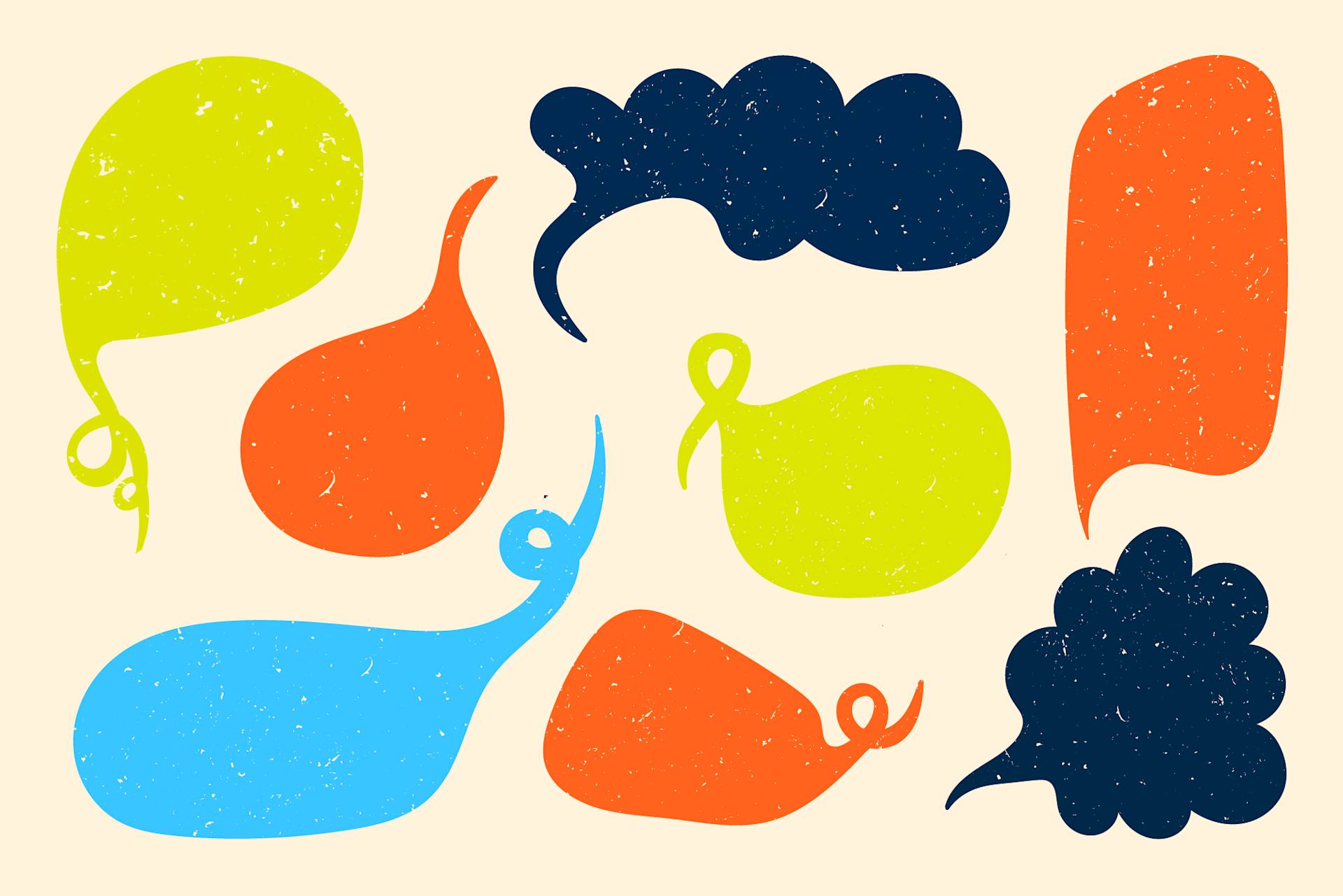
Make a difference
Hope for Ukraine serves individuals and families of the poorest communities in Ukraine, raising awareness for voices not heard.
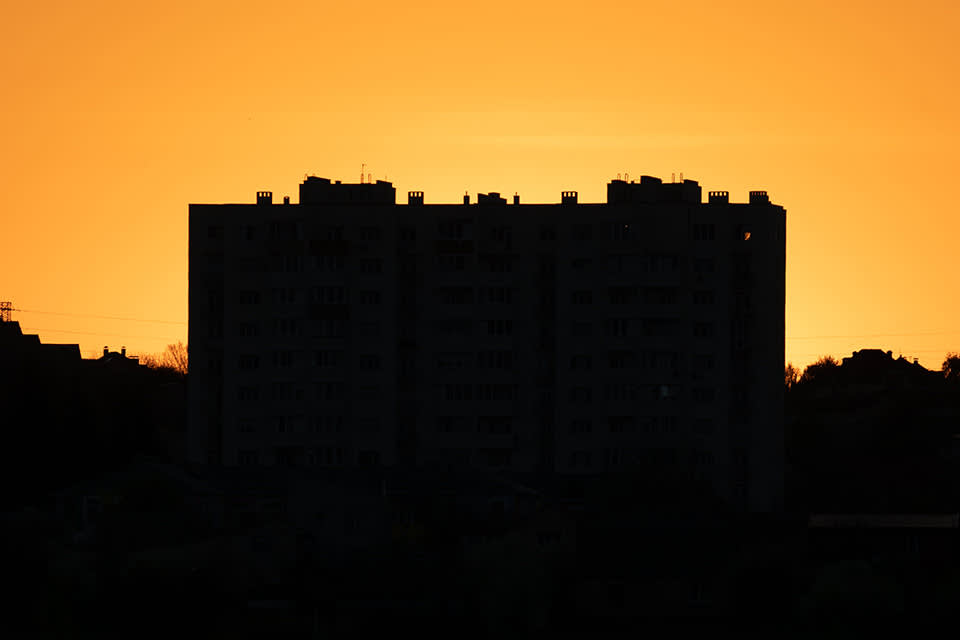
Lesson of the day: The invasion of Ukraine
Learn about how and why the invasion of Ukraine has begun, and explore its implications.
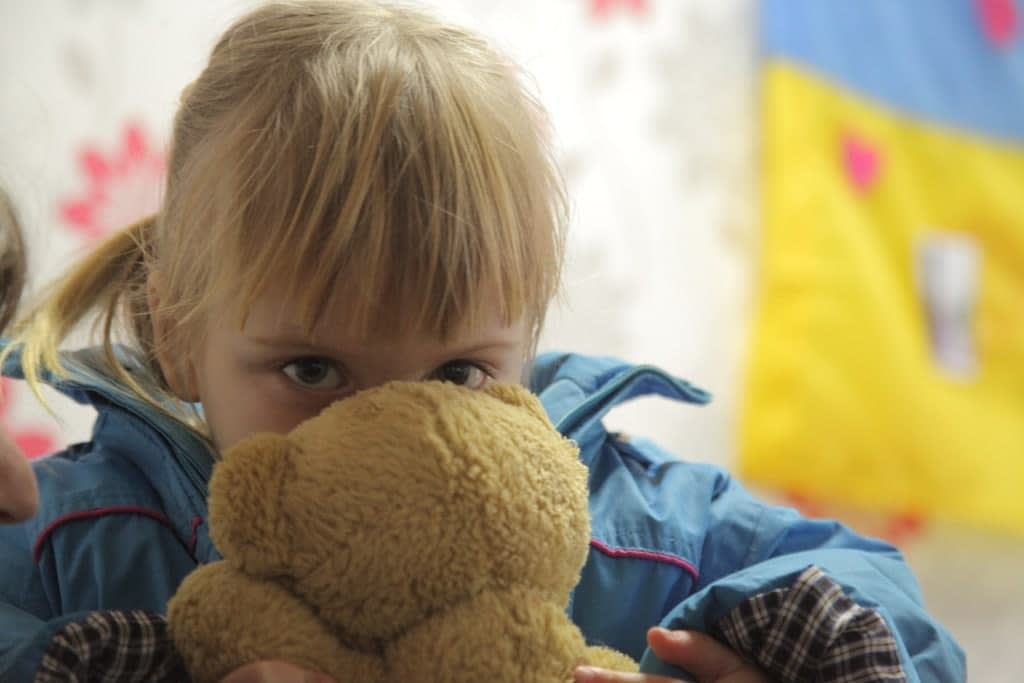
Help children of war in Ukraine
Providing non-stop assistance to affected children and families from all over the country, providing emergency psychological assistance, and assisting in the evacuation process.
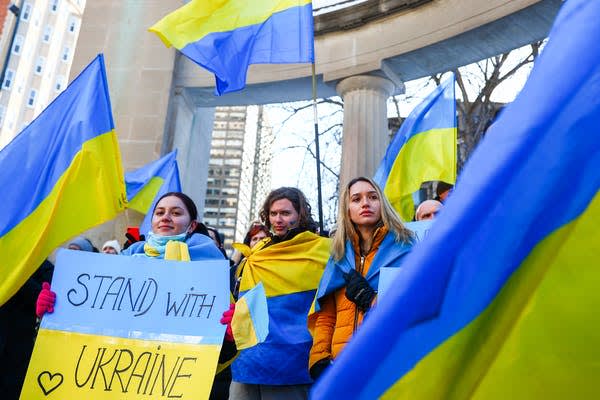
How to talk to children about the Ukraine invasion
In these times, it can be hard to know whether or not to discuss these issues with our children, and if we do, how should we go about doing it?
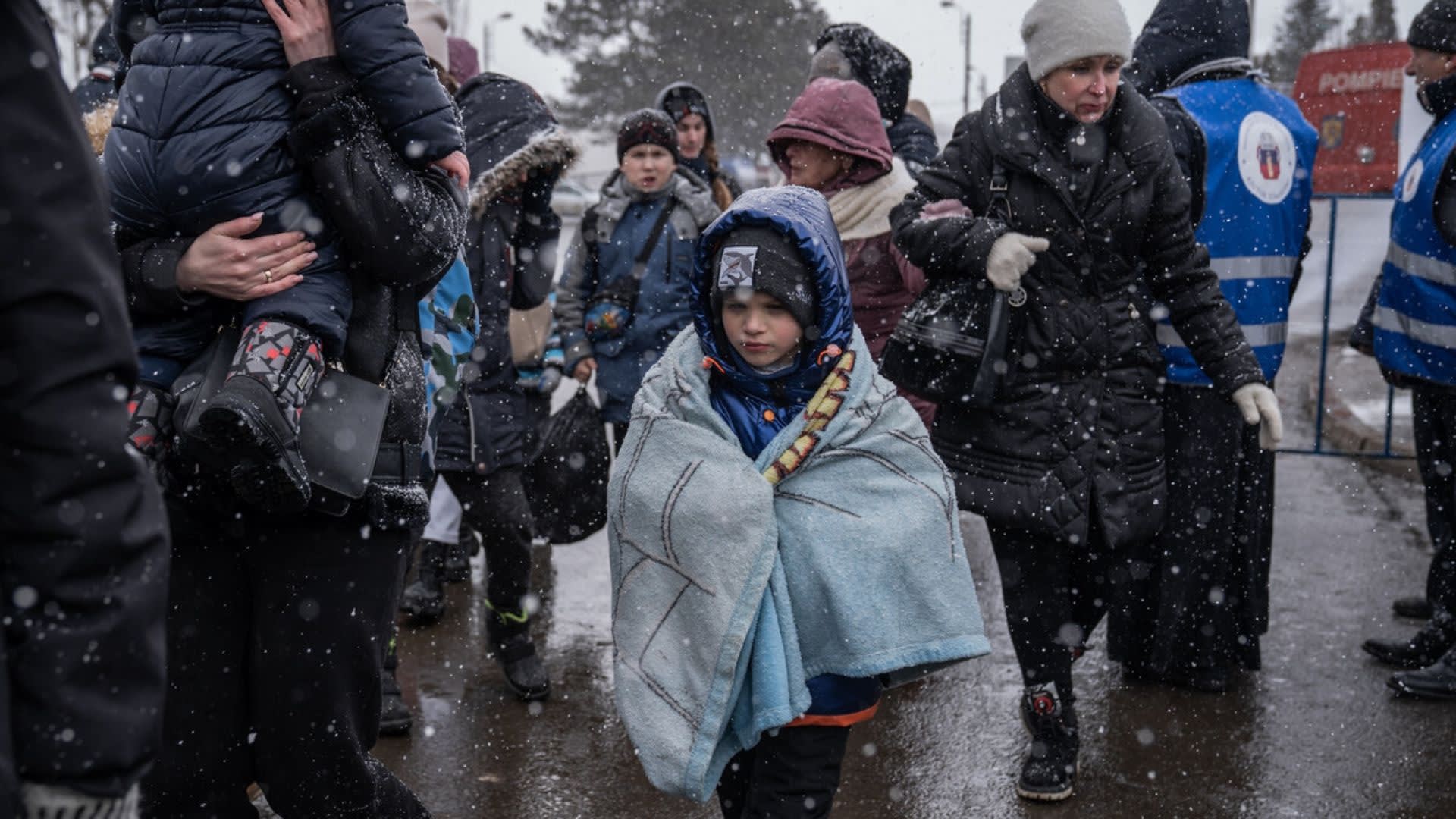
Ukraine crisis appeal
Four ways you can make a difference; supporting children and families in Ukraine, Moldova and Romania, now and in the aftermath of war.
Wellness

How to help yourself, kids, and others
If you are feeling increasingly worried about the war in Ukraine, you are not alone. Experts agree that feeling overwhelmed is normal. Tips to reduce anxiety are explained in this article.
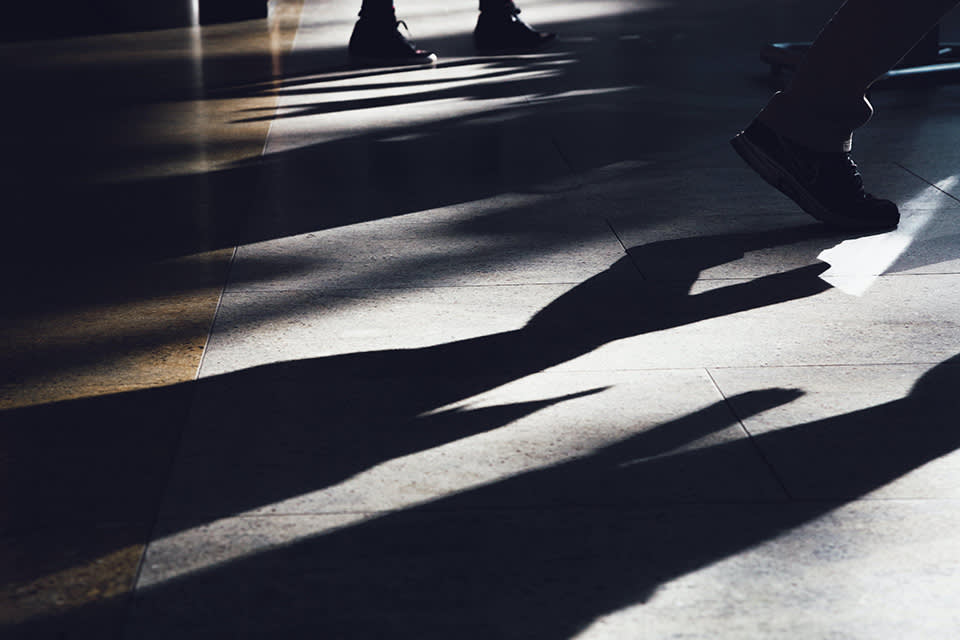
Hearing stories, finding community
The recent news is a chance to deepen our sense of understanding and empathy. It is crucial, now more than ever, that we maintain our relationships and our support of each other.

Staying informed while protecting you
You don’t need to expose yourself to graphic and disturbing content just to stay informed. Here’s how to protect your mental health.
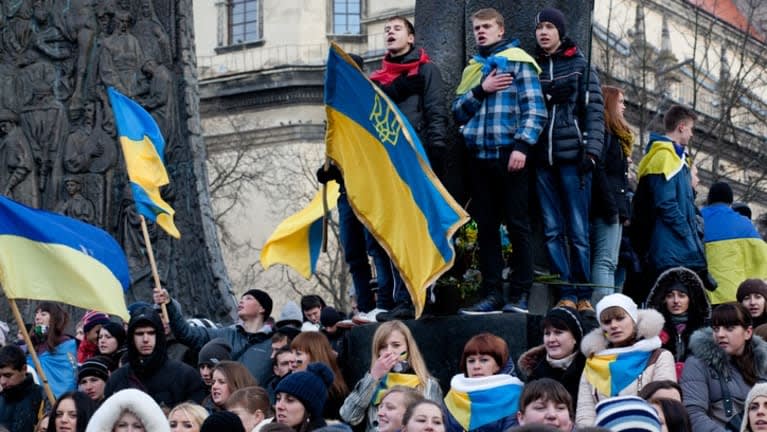
How the crisis is affecting employees
The constant news updates about the war for some workers is causing levels of stress, anxiety and depression, here are some articles on how the war is affecting employees and how employers can respond.
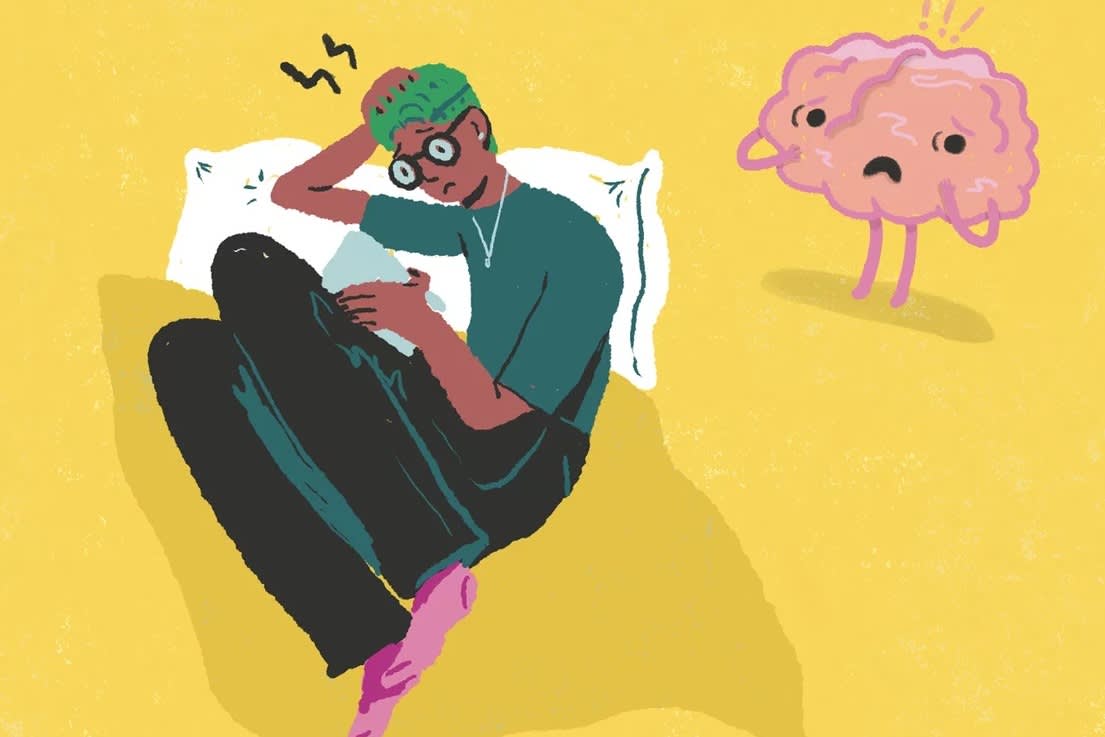
Five ways to cope with the stressful news cycle
It’s important for all of us to stay informed citizens of the world, and also to remember: take it easy on yourself and on each other, recognising it’s OK to look for what you can control and seek comfort where you can.
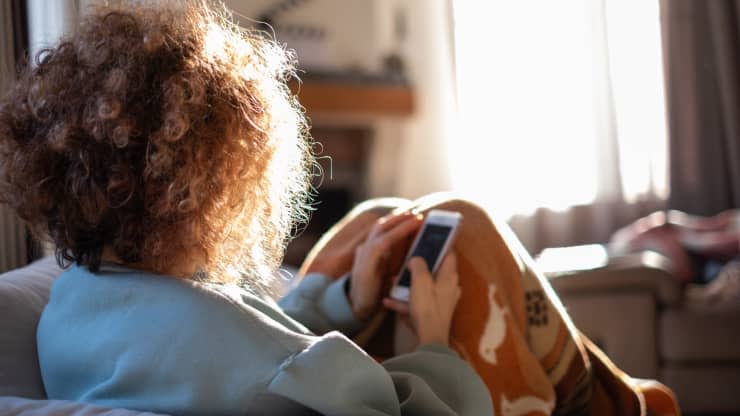
How to stop doomscrolling
The news coming out of the Russia-Ukraine conflict is distressing. You might be watching headlines, going down a doomscroll spiral and feeling helpless. Practising setting healthy boundaries among other methods can help avoid doomscrolling.
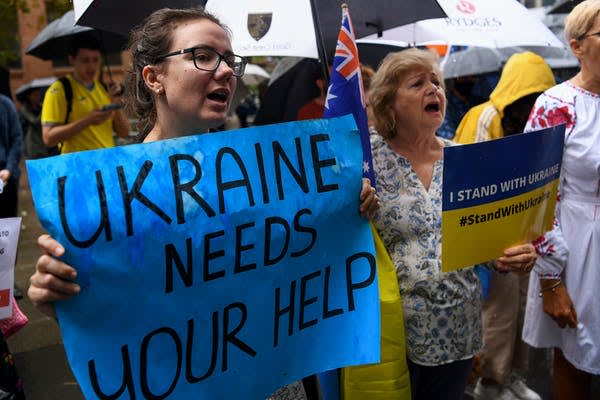
Torn between worlds
Ukrainian Australians, bearing uncertainty about the safety of family and loved ones are experiencing a powerful emotional pull to Ukraine with friends, family and history there.
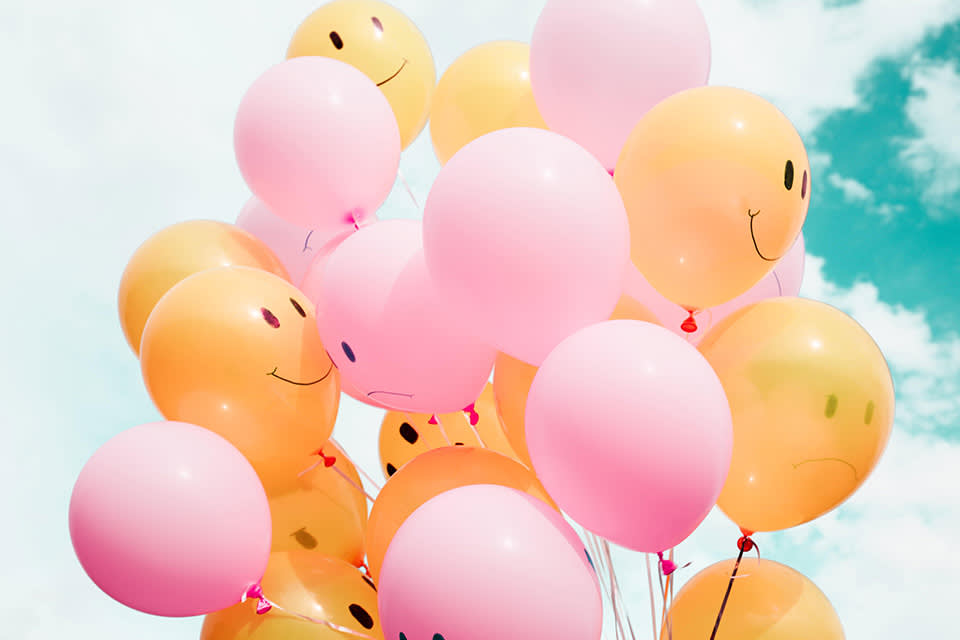
How to handle war anxiety
For many the current situation can be overwhelming and scary, which may affect emotional health. Here are some tips to recognise your emotions, manage stress and get help if necessary.

Tips to manage headline anxiety
Learn how someone who wants to keep up on developments protect themselves from stress, anxiety, and dysfunction when such negative news seems to be everywhere.
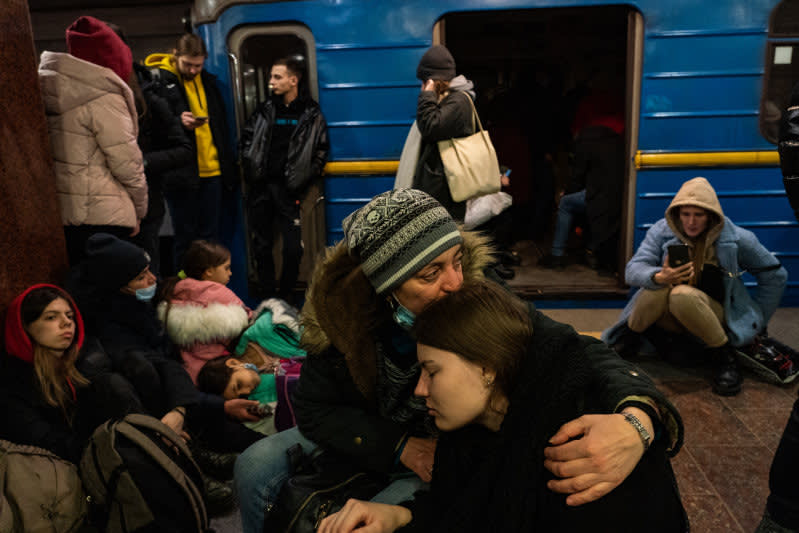
Manage your exposure of the news
It’s normal to feel distress, anxiety, heartbreak, know that it’s totally normal. Even though the crisis is unfolding many kilometres away, it’s brought mentally closer by our access to constant news updates and our shaken sense of safety.
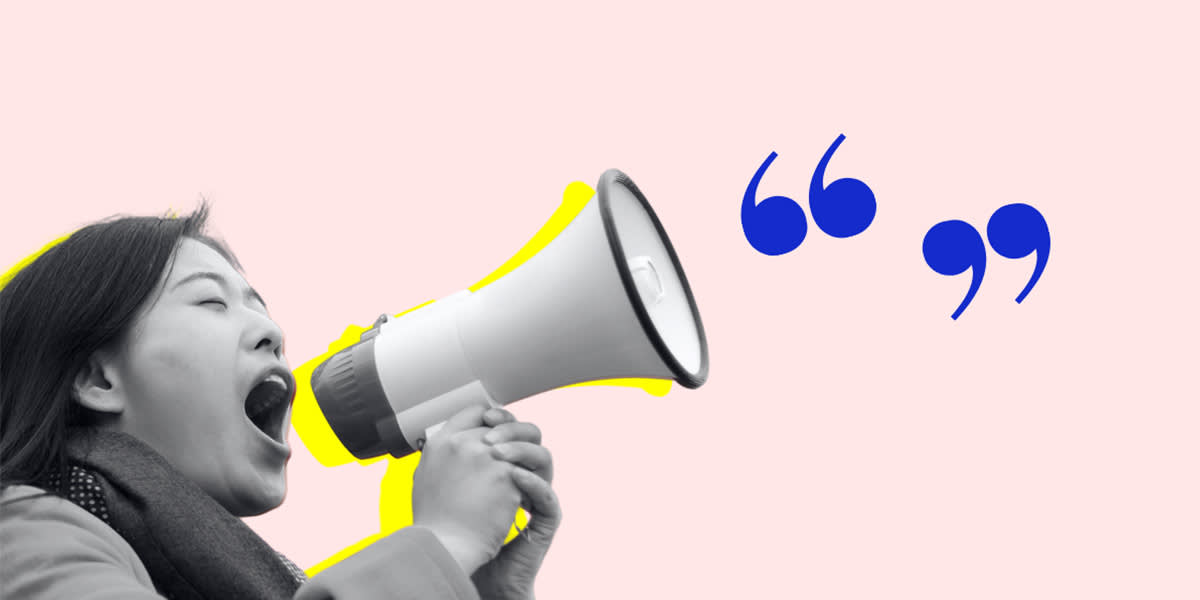
What to do or not to do
A list of action points for you from social media limits to verifying sources, whether it’s to help you feel involved or to relieve your mental stress. There’s no right or wrong way to go about living through the geopolitics of our time.
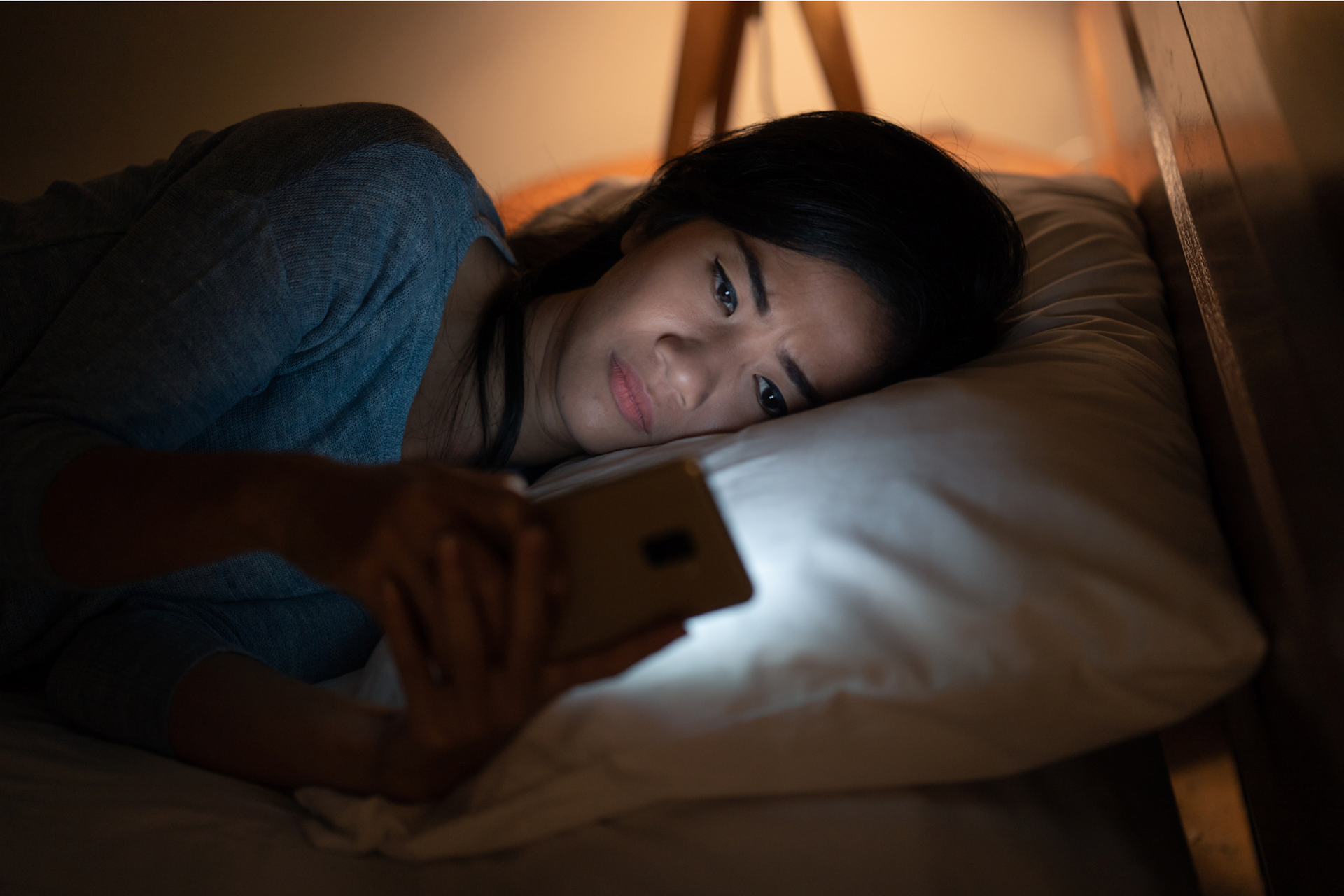
Be mindful of your health during world events
Distressing world news, such as the current invasion of Ukraine, can certainly affect our mental health. It is absolutely natural to feel anxious and frightened, and to feel that events are out of our control. Focus as much as you can on hope.
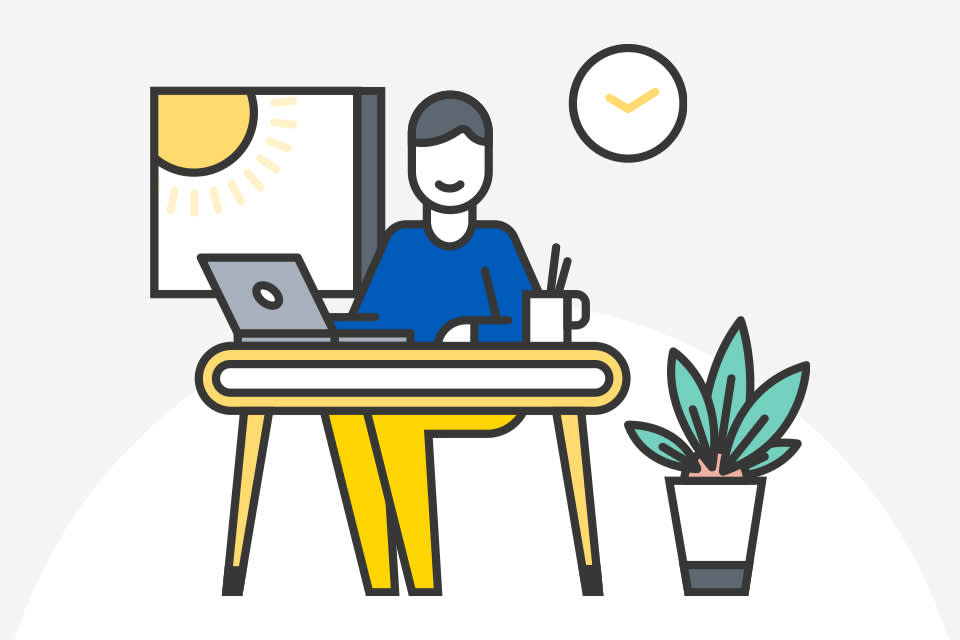
Therapists for Ukraine
Find a therapist that supports Ukraine with free counselling for any person affected by the conflict. The counsellors work with different therapeutic modalities and speak a variety of languages.
Media
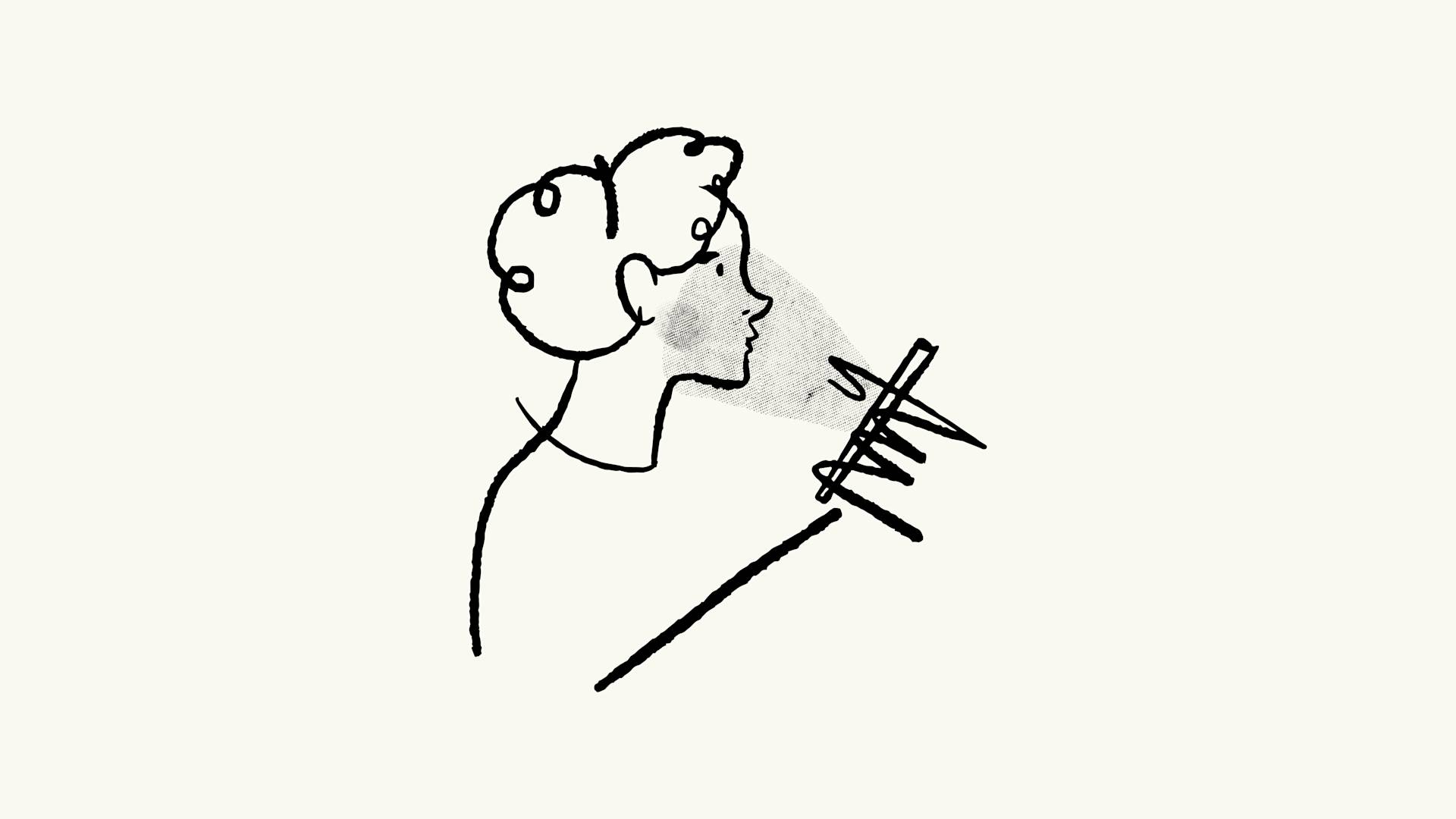
Misinformation
Here’s a quick guide to help you understand what misinformation is and how to recognise it.
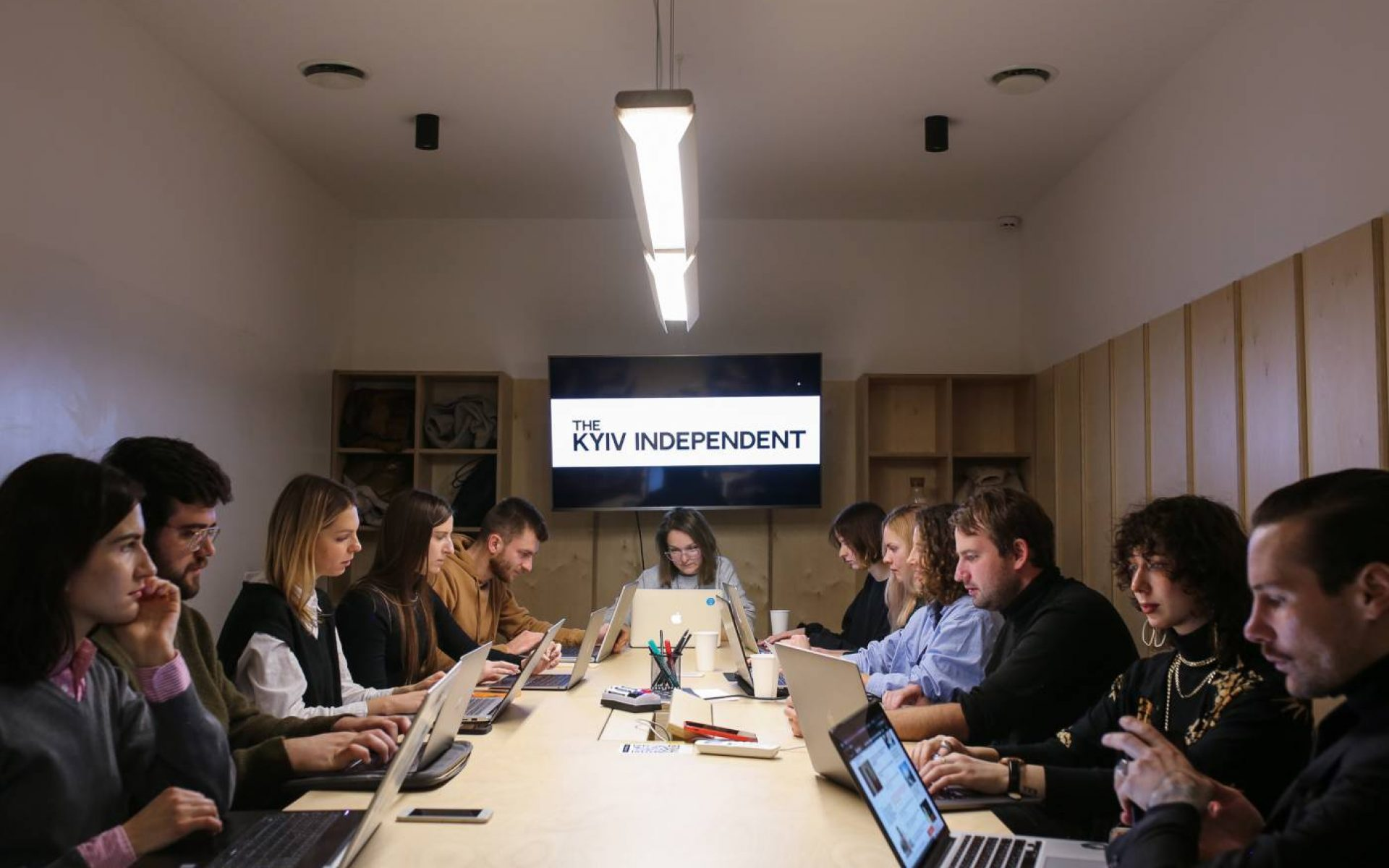
A leading voice on the front lines
The Kyiv Independent provides fair and reliables news on Russia’s war against Ukraine.
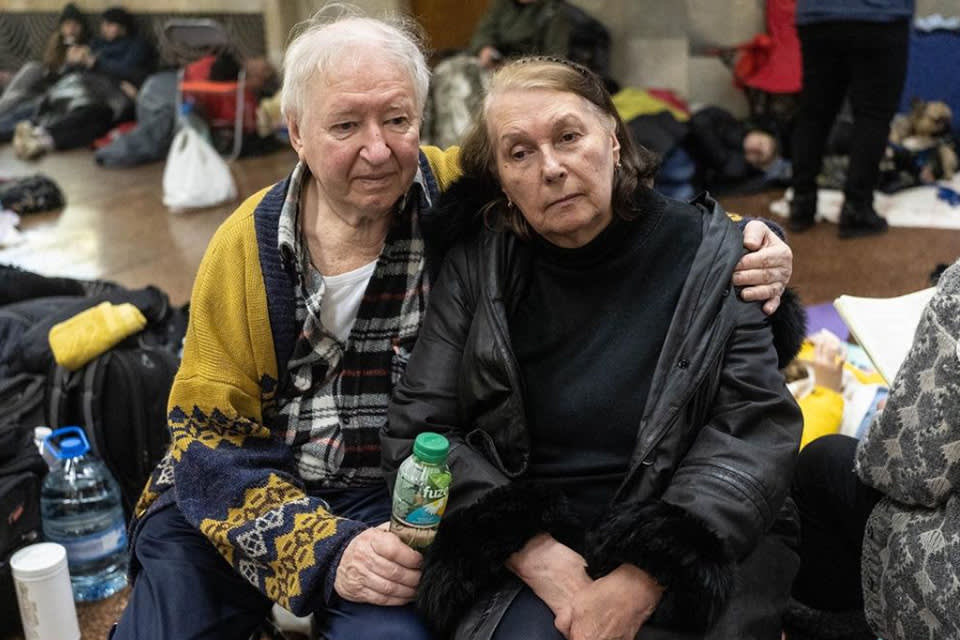
Serhii Korovainyi
Documentary and portrait photographer from Ukraine. Teaching photojournalism in Kyiv-Mohyla Academy.
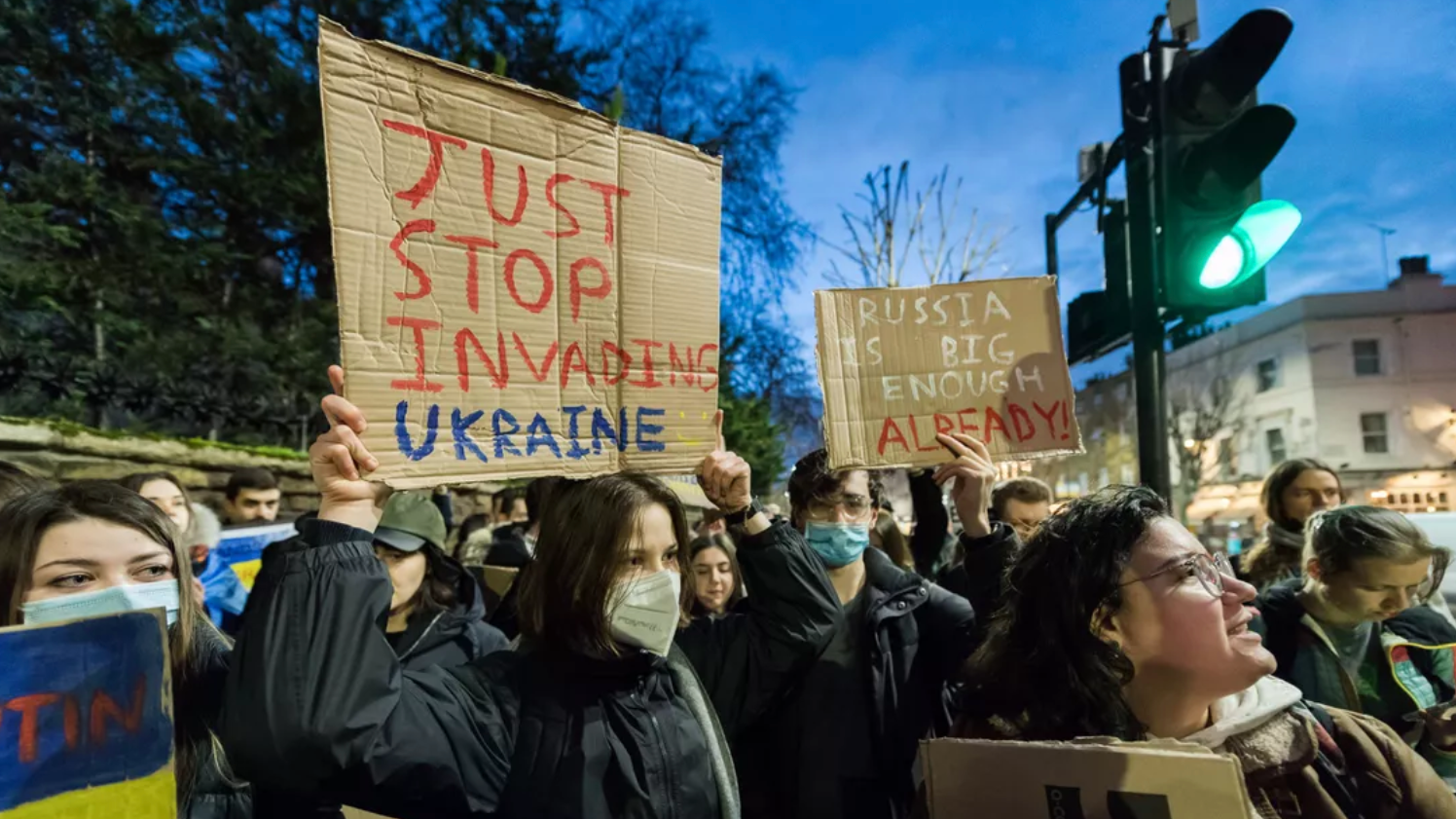
Reliable Twitter accounts to follow
The trusted sources include official government channels, respected aid organisations and journalists on the ground from major publications.
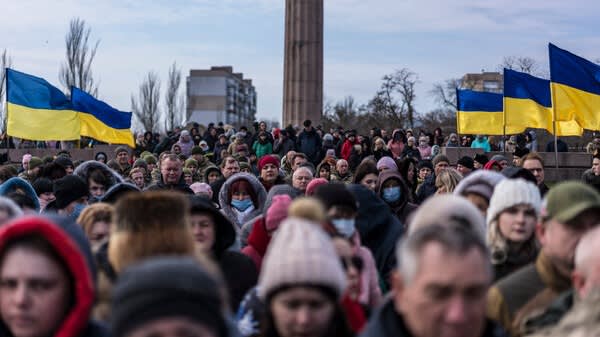
Continue reporting
Keep up to date with the crisis in Ukraine, The New Voice covers news in three different languages — English, Ukrainian, and Russian.
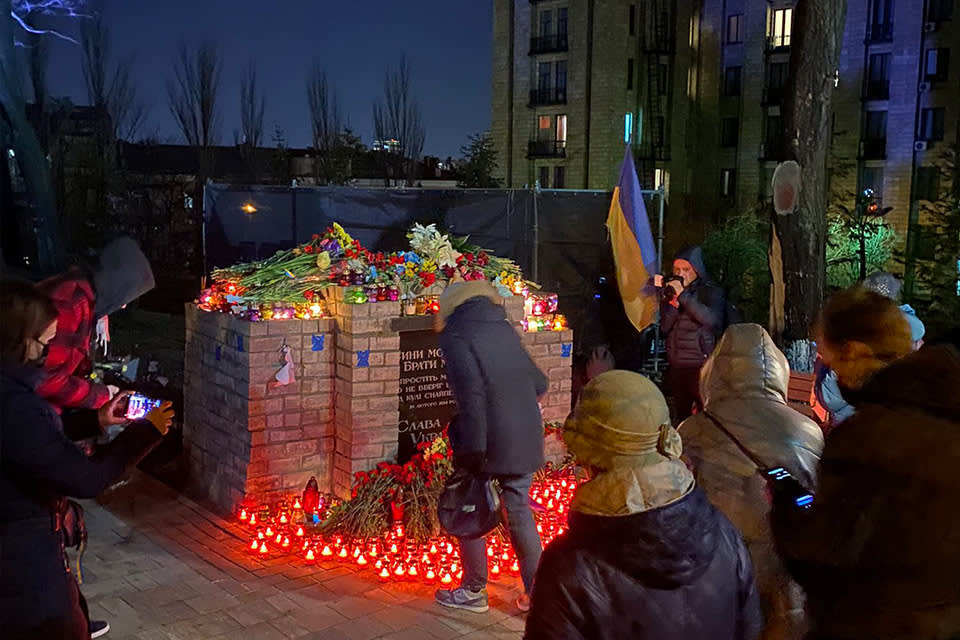
Olga Rudenko
Olga is the chief editor of Kyiv Independent and has been sharing other’s photos on social media of the ongoing destruction being caused in Kyiv.
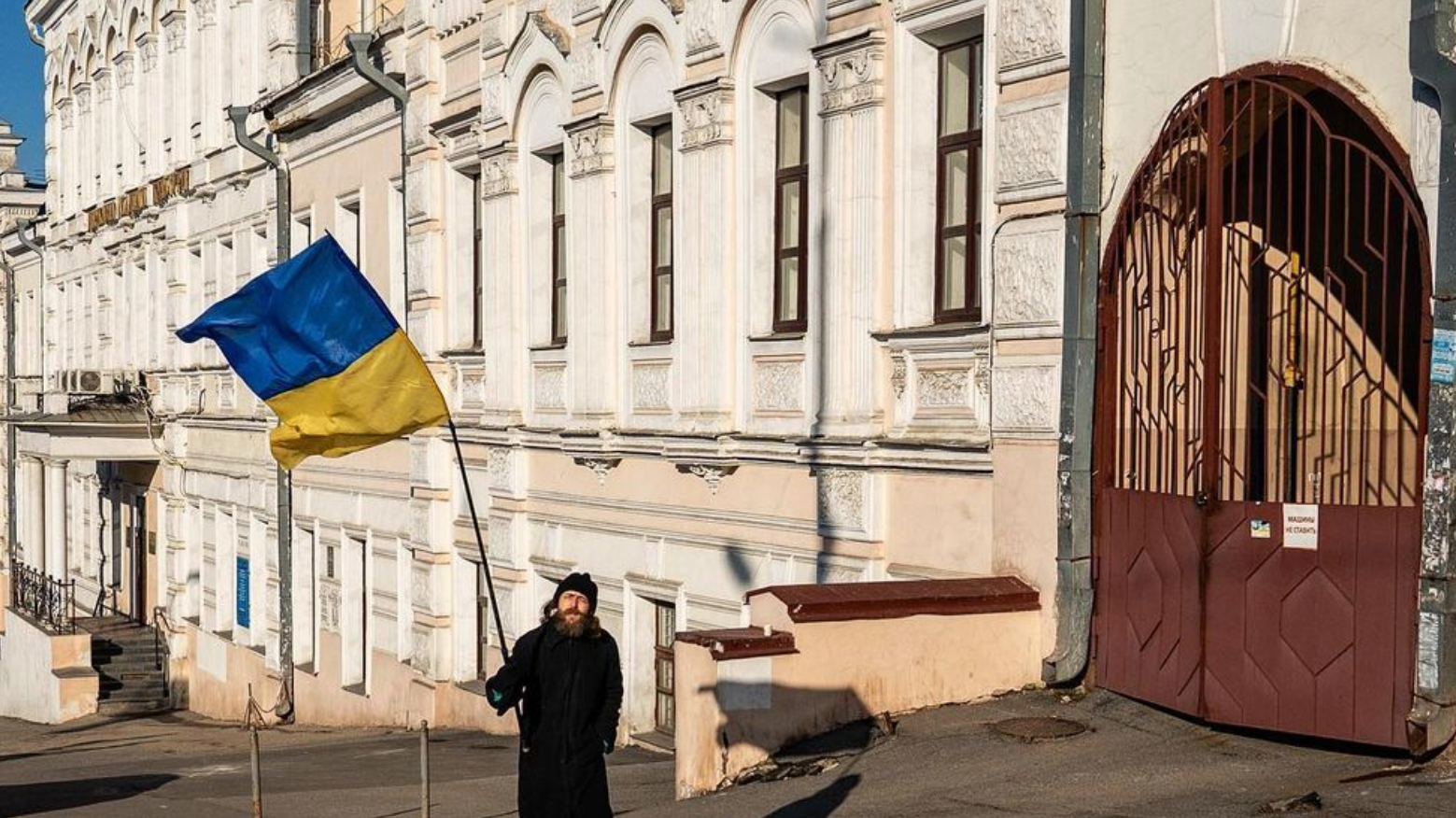
Salwan George
Salwan is a staff photojournalist at The Washington Post currently working on the ground in Kharkiv, Ukraine.
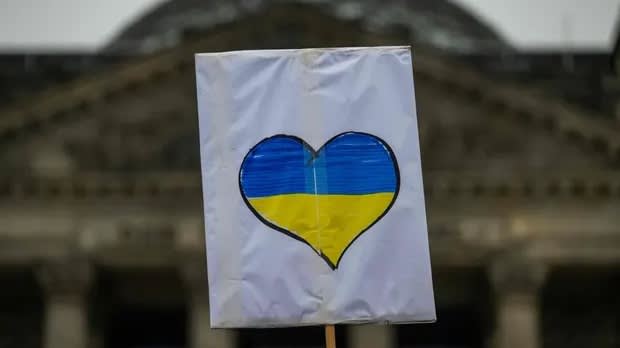
Books to help us understand
From Ukrainian history to Putin’s kleptocracy and Gogol’s stories, author and former Russia correspondent Oliver Bullough chooses the best titles.
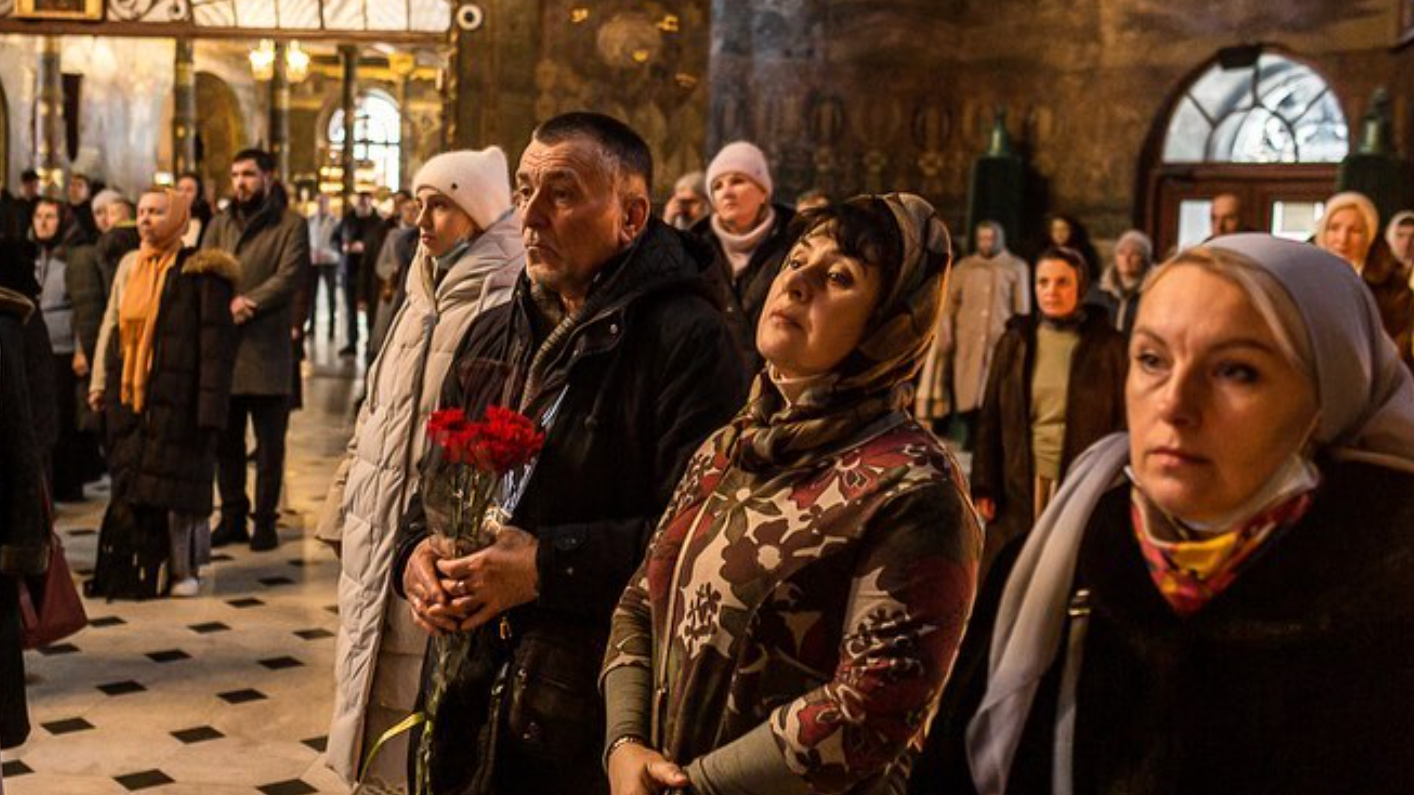
Oksana Parafeniuk
Oksana is an independent photographer based in Kyiv and she has previously worked for the New York Times and NBC News.